There are a million different statistics showing that issues around mental health are soaring during the pandemic. It’s hard reading and I am sure it leaves everyone with the same underlying dread it gives me. But the sense of being up close to it, the feeling of being part of that statistic is even more acute.
My husband suffers with chronic depression. It has been part of his life for a lot longer than the pandemic, in fact strangely enough the first lockdown seemed to be one of his best periods of mental health for a really long time. That is not the case this time. Challenging life events, the lack of human contact and the nights drawing in are all contributing to a period of real instability and he is really struggling.
Really struggling will look like different things to different people. For him he finds it difficult to communicate, binge eats then is angry at himself, withdraws from social contact, finds it hard to go to bed, finds it hard to get up again. It’s like he is locked into a world of his own; a very horrible world in which he is the main protagonist and he hates himself and all the things he can see himself doing but can’t seem to control them.
READ MORE: Coronavirus: How to Look After Your Mental Health During Lockdown
READ MORE: We Can't Male Mental Health Be Forgotten During Lockdown
Seeing the person I love go through this is one of the hardest things I have ever experienced in my life. I have experienced it on and off for the last five years and it never gets easier. It has been less frequent but when it is bad I feel sadness, despair, anger and frustration the like of which I’ve never experienced before. And right now, the prospect of being locked up together in a small space with another small human makes me feel like I might break.
When things are bad I regularly turn to the internet, hoping I will find some magical cure but ultimately there isn’t one. And when I look for support, there is often a long list of what partners can do for their depressed spouse but I often just want to say ‘but what about me?!’ And then I feel selfish and horrible because ultimately it must feel worse to be inside his head than mine.
So I wanted to write down a few things I’ve learned. For any one of the thousands of other people who must be experiencing this now, either for the first time, or with a sense of dread-inducing familiarity. They might seem silly or obvious. But they have really helped me.
What you’re going through is really hard too
It is really easy to get caught up in thinking that what is happening to your partner is so awful that your experience of it doesn’t matter. I often feel shame for feeling sorry for myself or worrying about how his illness is affecting me. Don’t. It is extraordinarily hard to go through what you are going through, and your experience isn’t diminished by theirs.
Get support for yourself first
With that in mind it is vital that you get your own support. Whether that is a friend you can talk to, a public helpline like Samaritans, accessing your own mental health services, one of the great mental health apps there are out there or anything else that works for you. I regularly still make the mistake of desperately trying to find help for him when a) that just adds to my workload and b) he is not always ready to receive it. What my partner needs is not for me to do the work for him and be burnt out trying to fill in the gaps he leaves when ill, but for me to be strong, loving and supportive so he can do the work. I need help to do this. We all do.
Do what you can to remain loving
With your own support you have more space to be open to love and support your partner (or friend/family member). They might not want to talk, they might not be ready to find help, they may not want physical touch, they might not want to make it better. This may seem incomprehensible and frustrating but try not to judge what is best for them. Try to imagine what it would be like to have your worst ever critic inside your head judging everything you ever do. Now amplify that. You do not have to understand it but try to imagine they are doing their best with what they have available to them. Remind yourself of all the things you love about them. Those things are still there. Cherish those. Just try to be there, and not to fix it. But to love them. Because depression isn’t who they are. It’s a cloud making them forget that. This is much, much harder to do if you’re run down and overwhelmed, so again, see 2.
Be boundaried
Having said all that, it’s also ok to ask for what you need to. Be mindful about it but try to establish what is possible (Can you give me a hug? Can you say hello? Could you manage 10 mins of washing up? Can you take our child to school? Can you try not to speak to me like that?). Understanding what they can achieve (even if this seems ridiculously small) and asking them to do it will help you feel like you’re being heard and understood and also give them a sense of achievement. Back off if it doesn’t feel doable, they don’t need reminding of everything they can’t do right now, but try and stay in conversation with them if it feels possible. If you don’t make your needs important you will end up resenting them. Believe me, I’ve definitely made that mistake and had to spend a long time coming back from it.
It is ok to feel angry
One of the things I have found hardest is that when my husband is ill and inevitably a lot falls to me, I get angry. And then I feel awful because I know it’s not his fault. But the turning point for me was realising it’s ok to just feel furious about the situation. Anger doesn’t have to be directed at anyone. It’s just a huge, overwhelming emotion that is horrible to live with, especially when it’s not expressed. I have found a couple of friends who also have partners with depression who I can send a really ranty text message to, who won’t judge him or me, and having expressed it I always feel better. That release frees me up to be more available to him, and for myself. Feeling anger isn’t the opposite of love, in fact it shows how much you care. Just find somewhere else to put it.
I could literally write a book about this (and I am sure others have) but I just wanted to remind you that you are doing a difficult and brilliant job, however you feel you are doing. I forget this stuff all the time but when I remember it, things are better. Cut yourself some slack, and try to find others who can understand or at least empathise. Spring will come and so will better days. In the meantime, this is hard, and you are doing your best.
Best Self-Help Books For 2022
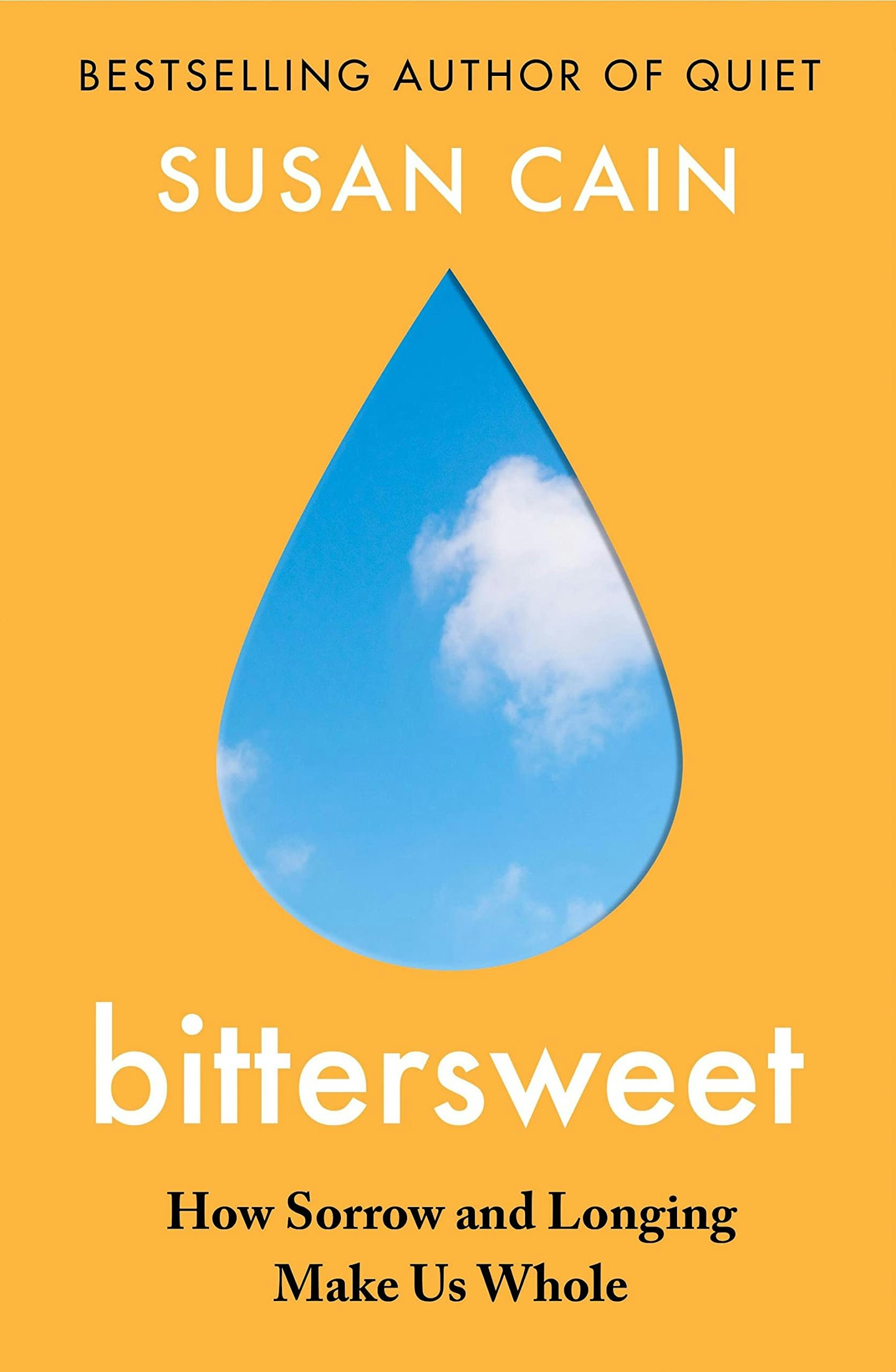 1 of 33
1 of 33Bittersweet - How Sorrow And Longing Make Us Whole
Why are we obsessed with happiness? And what are the powers of a melancholic outlook? Bittersweet claims it's only when we embrace our darker emotions that we can discover our deepest meaning and connection: love and joy. Time to get angsty.
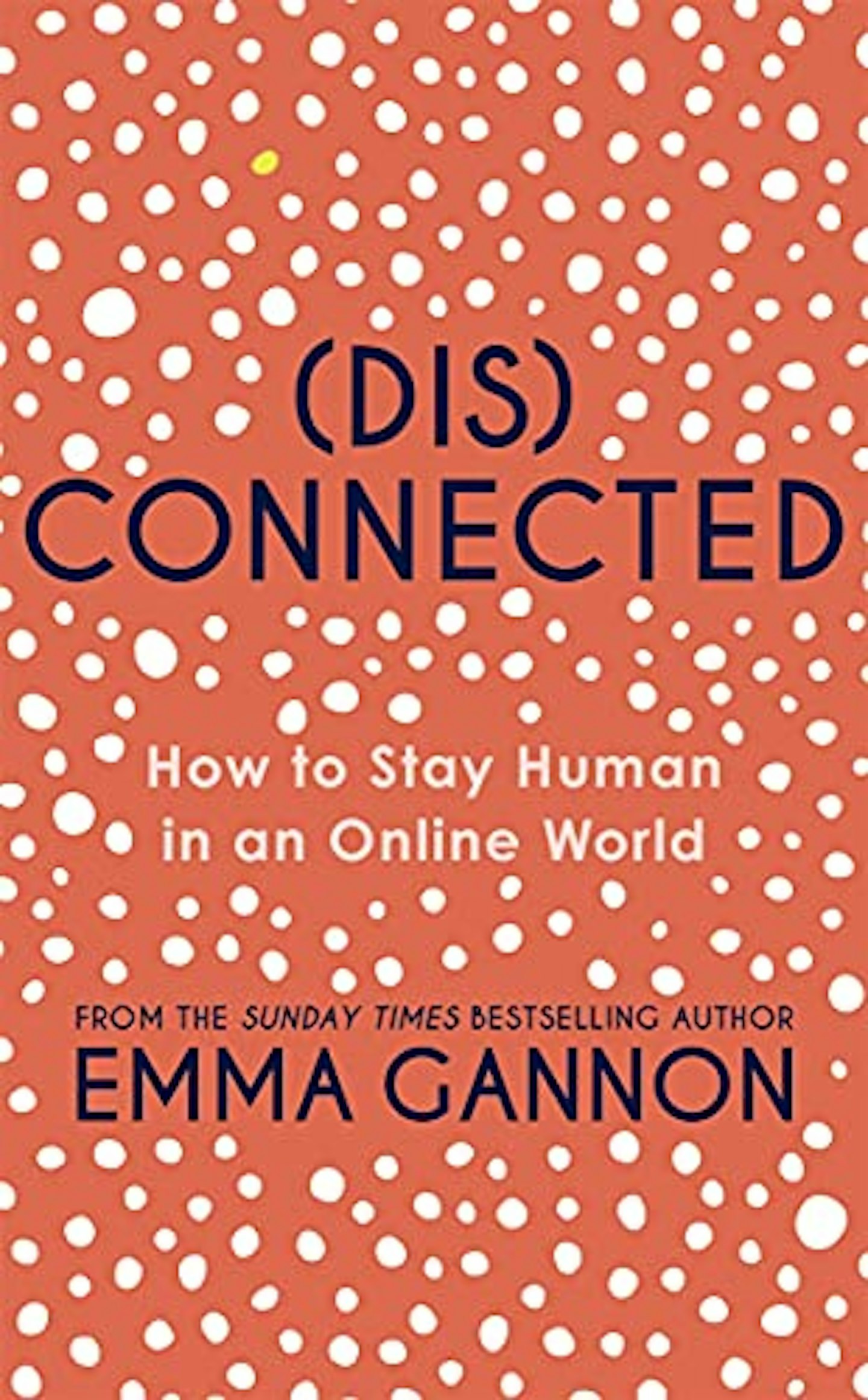 2 of 33
2 of 33(Dis)connected - How To Stay Human In An Online World
In (Dis)connected, Emma Gannon argues that after years of lockdowns and Zoom meetings our focus on community and connection has been thrown off-kilter as she offers tangible tips and advice for those of us feeling a bit lost.
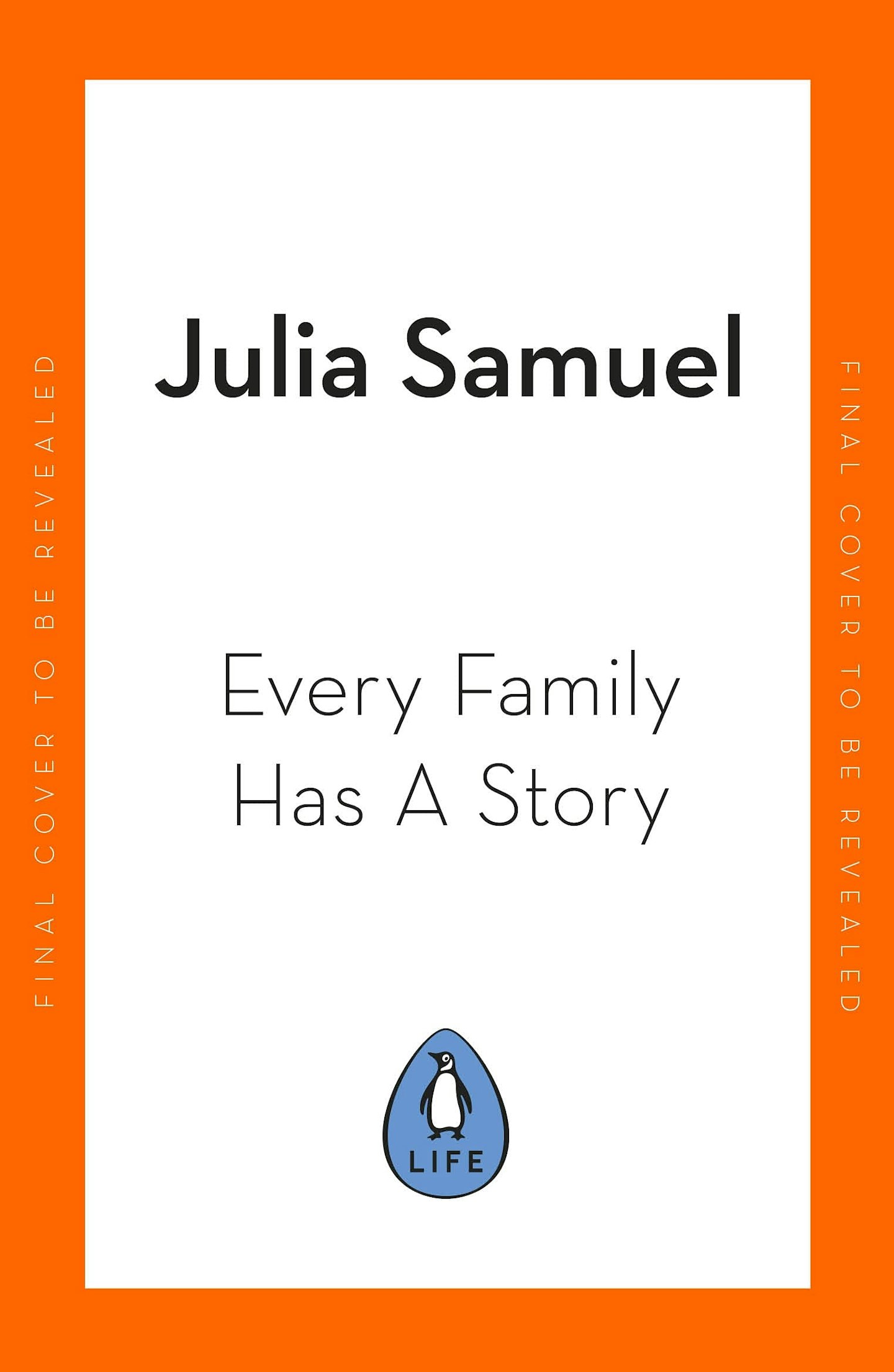 3 of 33
3 of 33Every Family Has A Story - How We Inherit Love And Loss
Bestselling psychotherapist Julia Samuel dives into eight family case studies and analyses a range of common issues including separation, step-relationships, leaving home, trauma and loss, to reveal how deeply we are influenced by our relatives and how we can face challenges together.
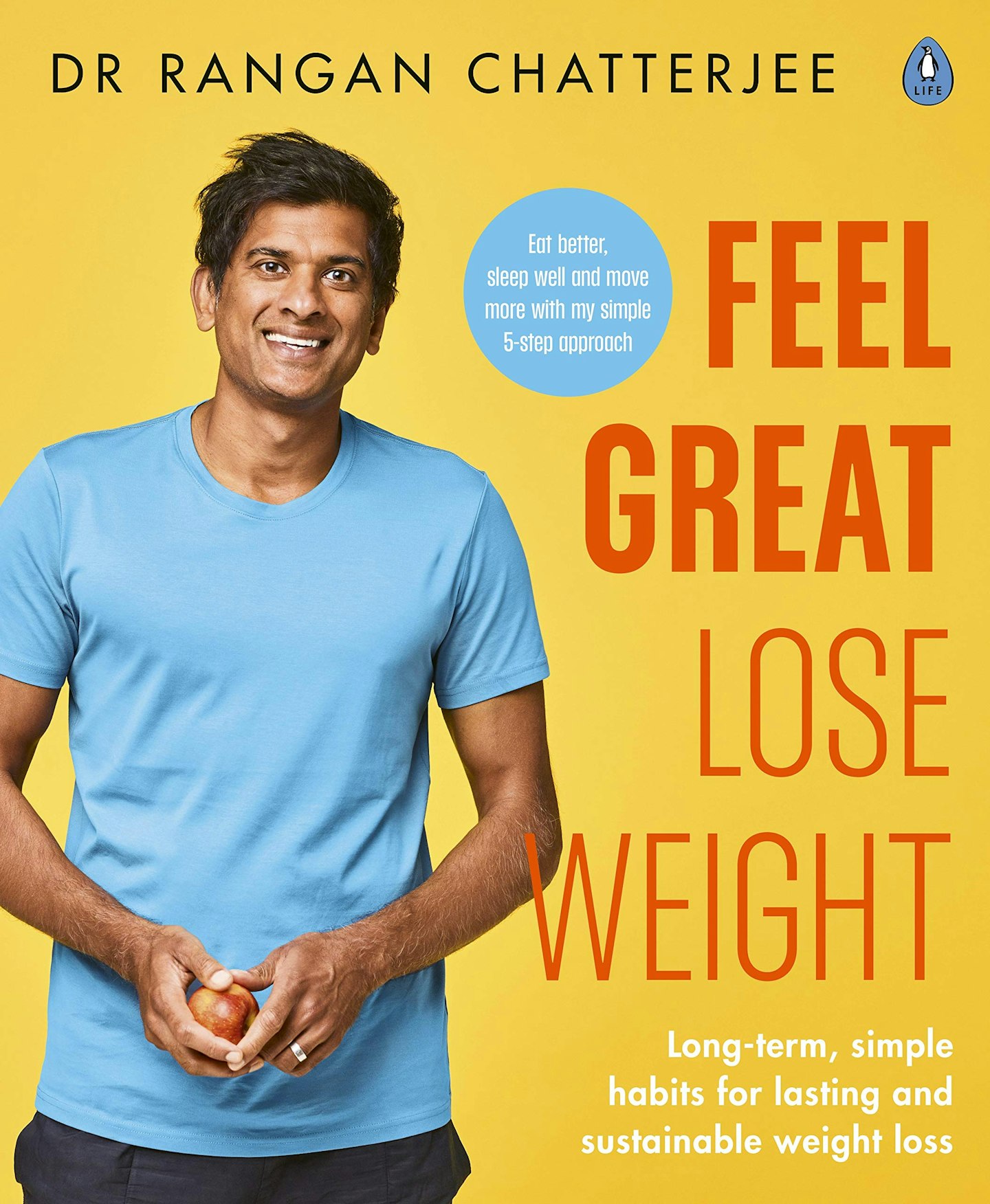 4 of 33
4 of 33Feel Great Lose Weight: Long term, simple habits for lasting and sustainable weight loss, by Dr Rangan Chatterjee
The host of the brilliant Feel Better Live More podcast brings his warm, sensible attitude and quietly revelatory advice to the thorny area of weight loss.
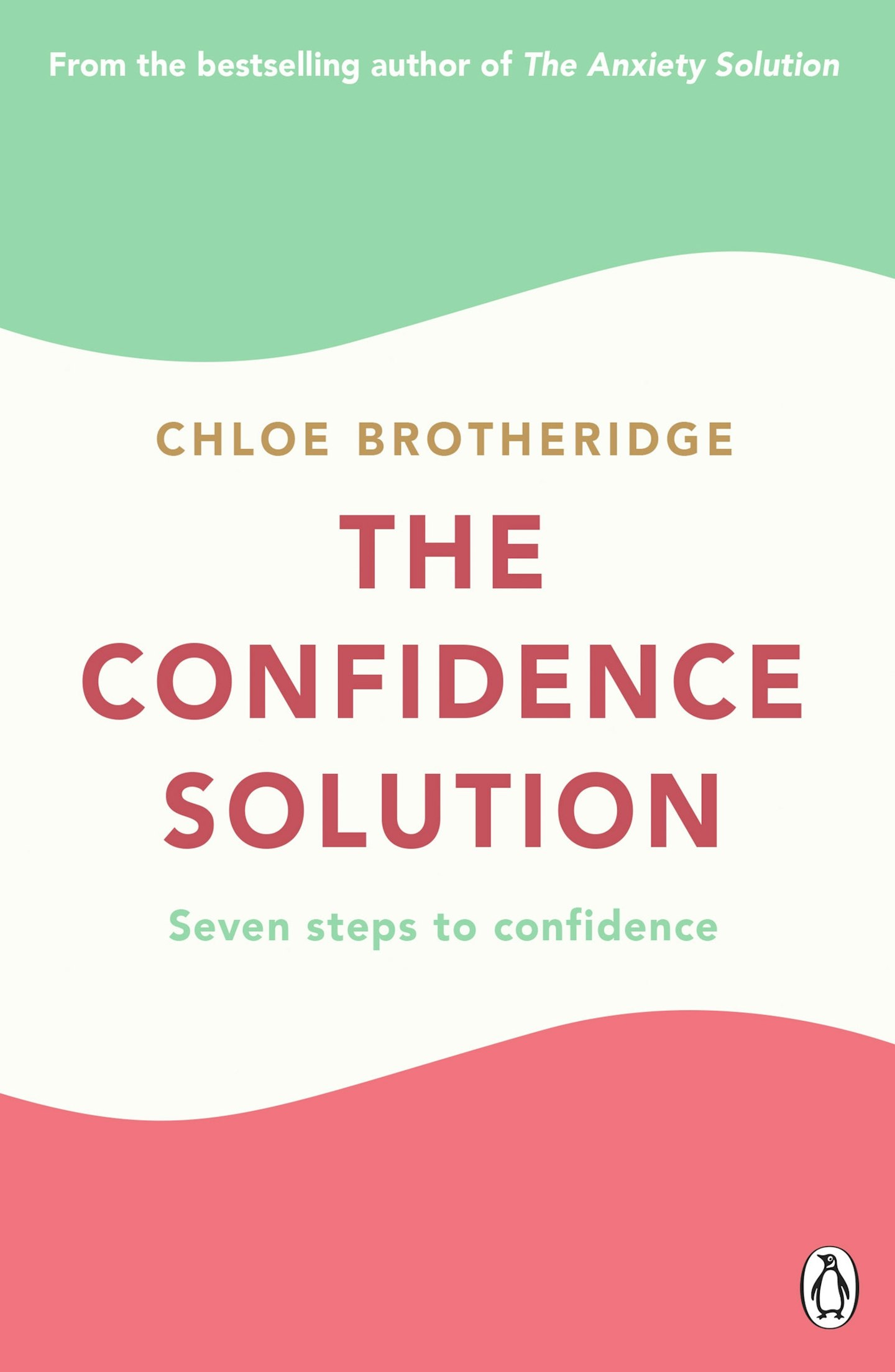 5 of 33
5 of 33The Confidence Solution: Seven Steps to Confidence, by Chloe Brotheridge
Rebuild your self-esteem in 2022, with this simple, practical guide to beating anxiety and being brave, from the host of The Calmer You Podcast.
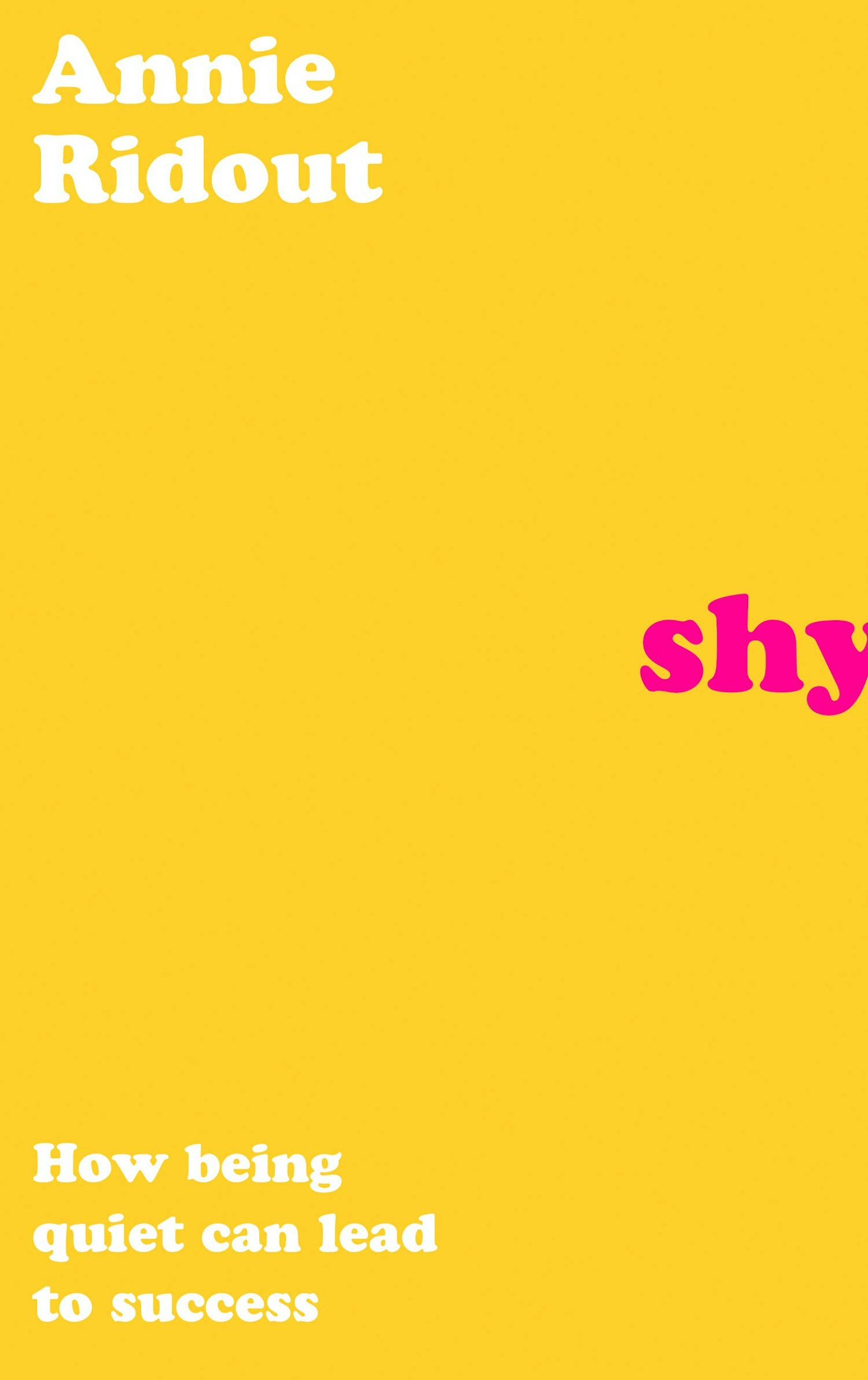 6 of 33
6 of 33Shy: How Being Quiet Can Lead To Success, by Annie Ridout
A reassuringly relatable read from Annie Ridout, for any of us who have ever felt lacking in confidence, and a practical and galvanising guide to helping you harness the power of shyness, particularly in an increasingly digital world.
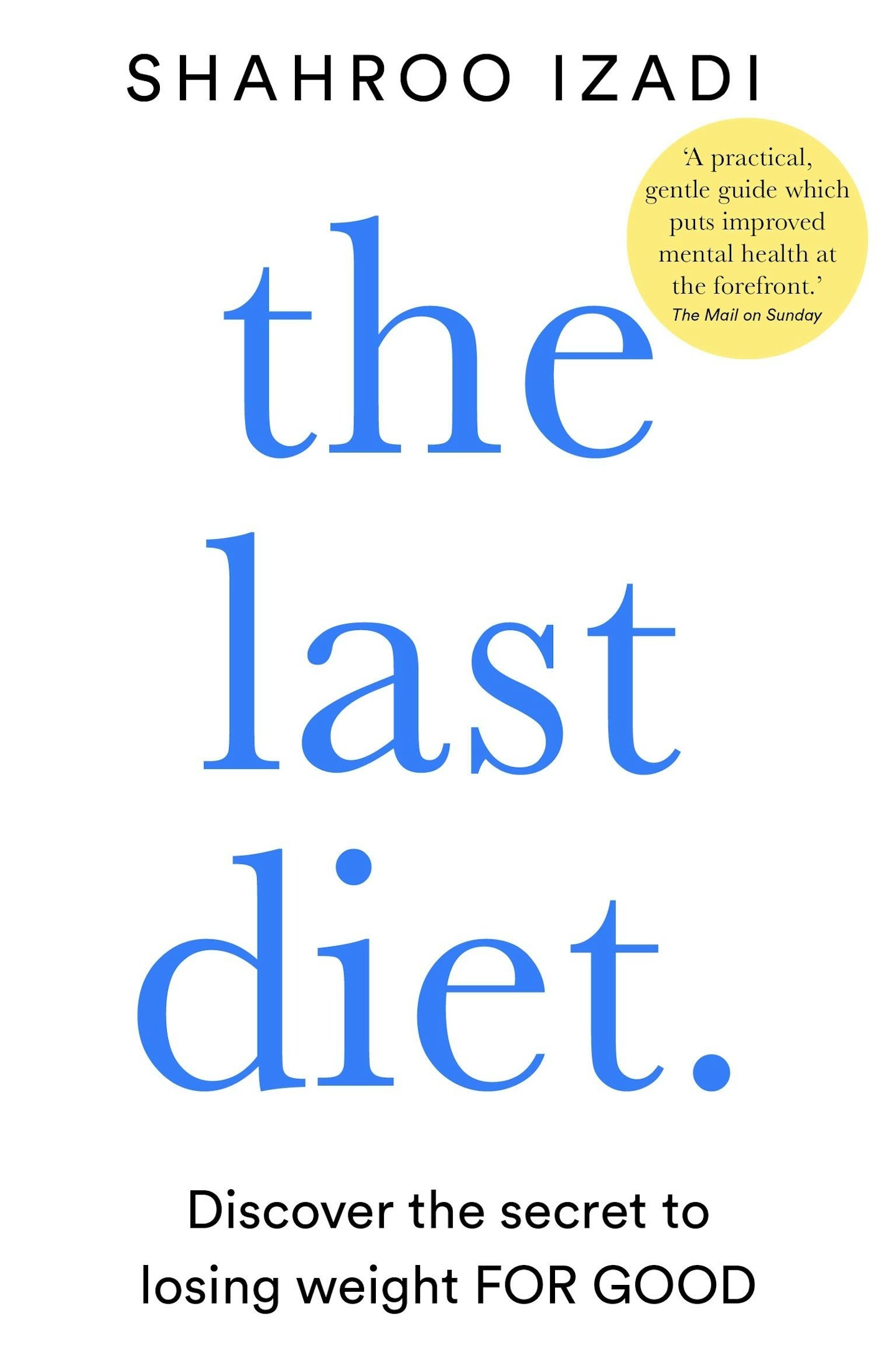 7 of 33
7 of 33The Last Diet: Discover the Secret to Losing Weight – For Good, by Shahroo Izadi
The Kindness Method author Shahroo brings her professional experience of working in addiction, and her personal experience of struggling with her own weight and body image, together in this groundbreaking book, now out in paperback.
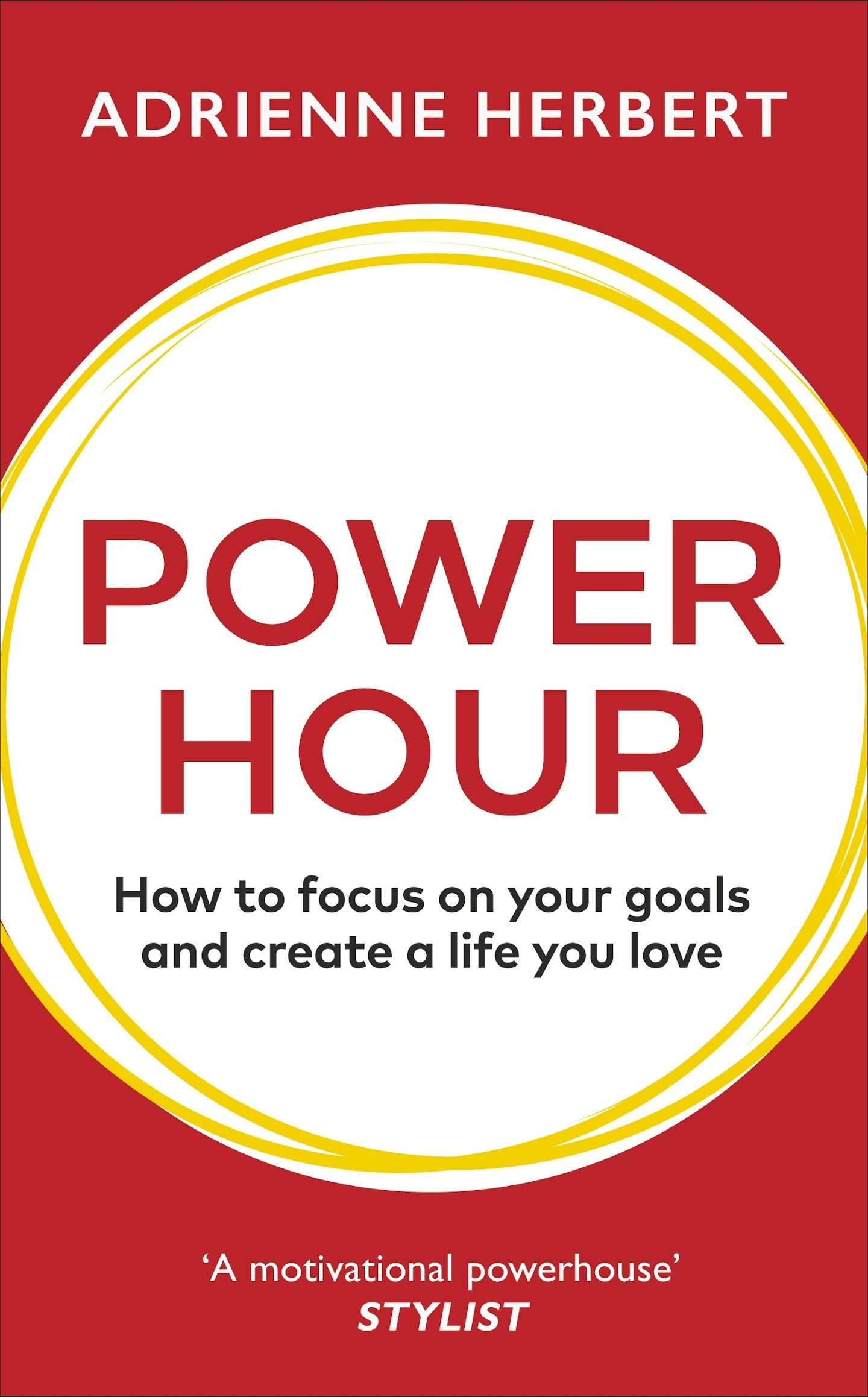 8 of 33
8 of 33Power Hour: How to Focus on Your Goals and Create a Life You Love, by Adrienne Herbert
The inspirational powerhouse that is Adrienne Herbert shows you how to change your life, in just one hour a day.
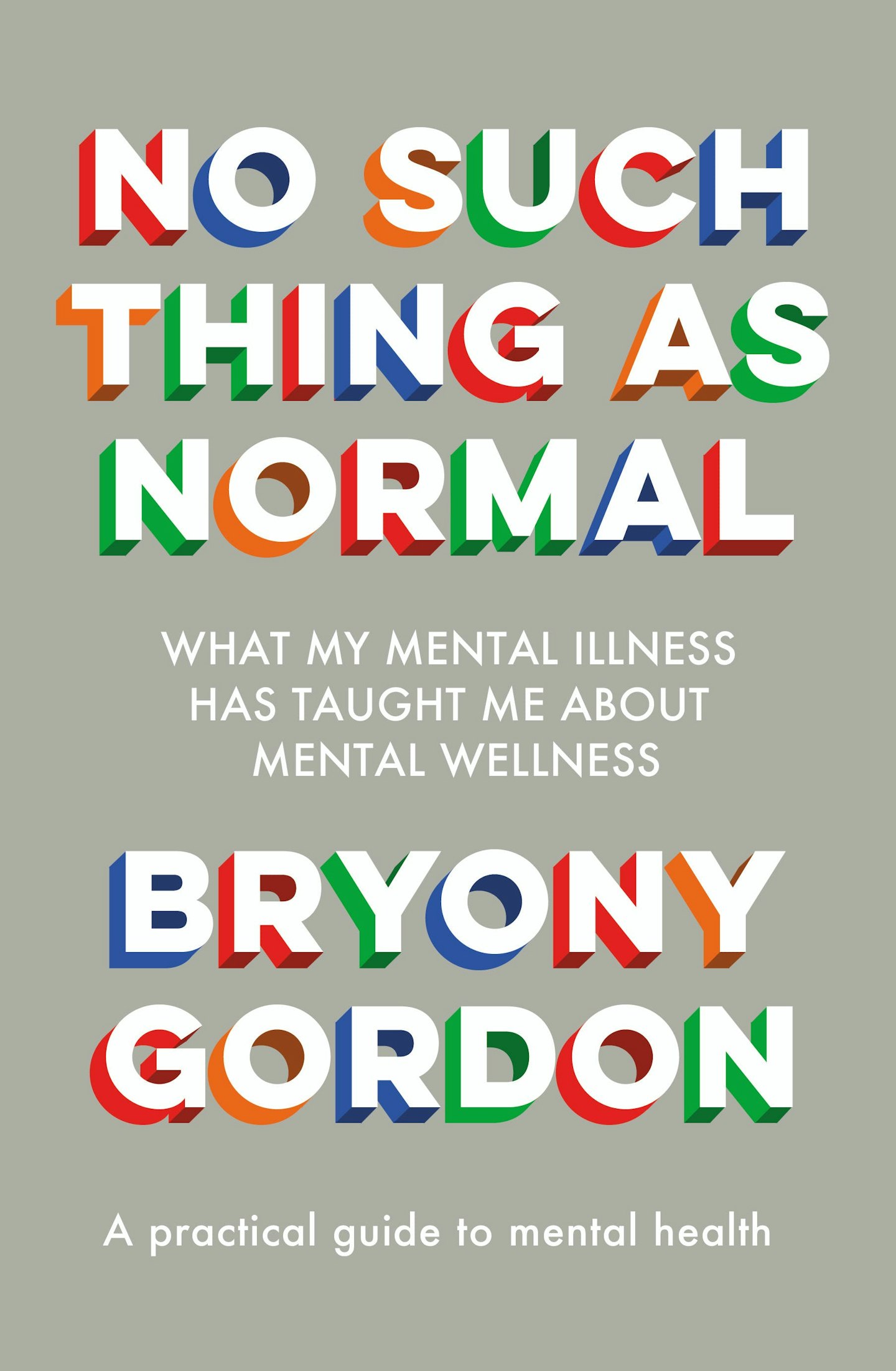 9 of 33
9 of 33No Such Thing as Normal: What my mental illness has taught me about mental wellness, by Bryony Gordon
Journalist, author and founder of Mental Health Mates, Bryony Gordon brings her familiar voice to this practical book, featuring all the tools she has learned to use along her mental health journey.
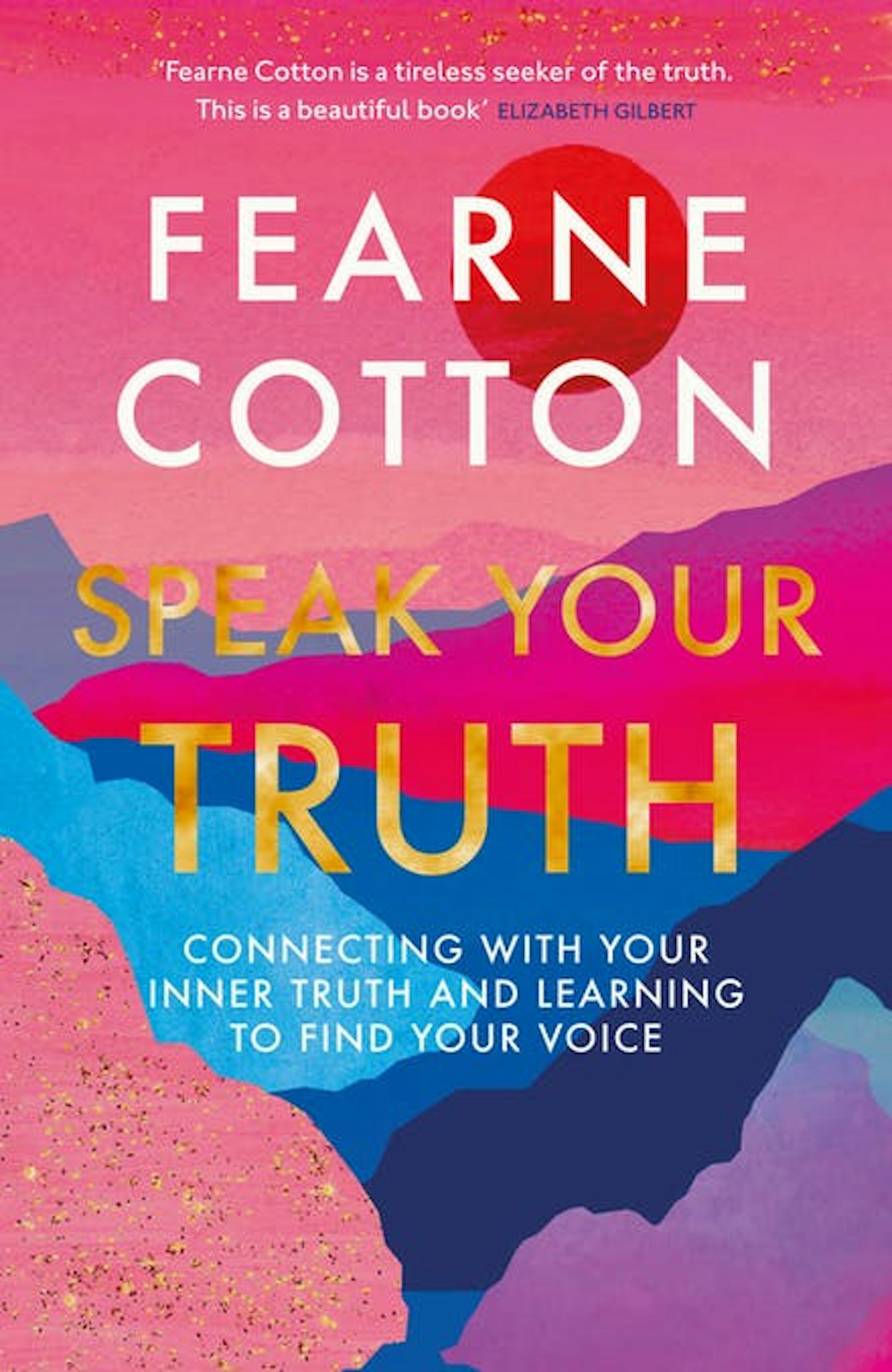 10 of 33
10 of 33Speak Your Truth: Connecting with your inner truth and learning to find your voice, by Fearne Cotton
This bravely personal book may tell Fearne's own story of finding her voice, but it will be relatable to anyone who has ever kept quiet in order to please others – and will encourage you to speak out in your own unique, authentic way.
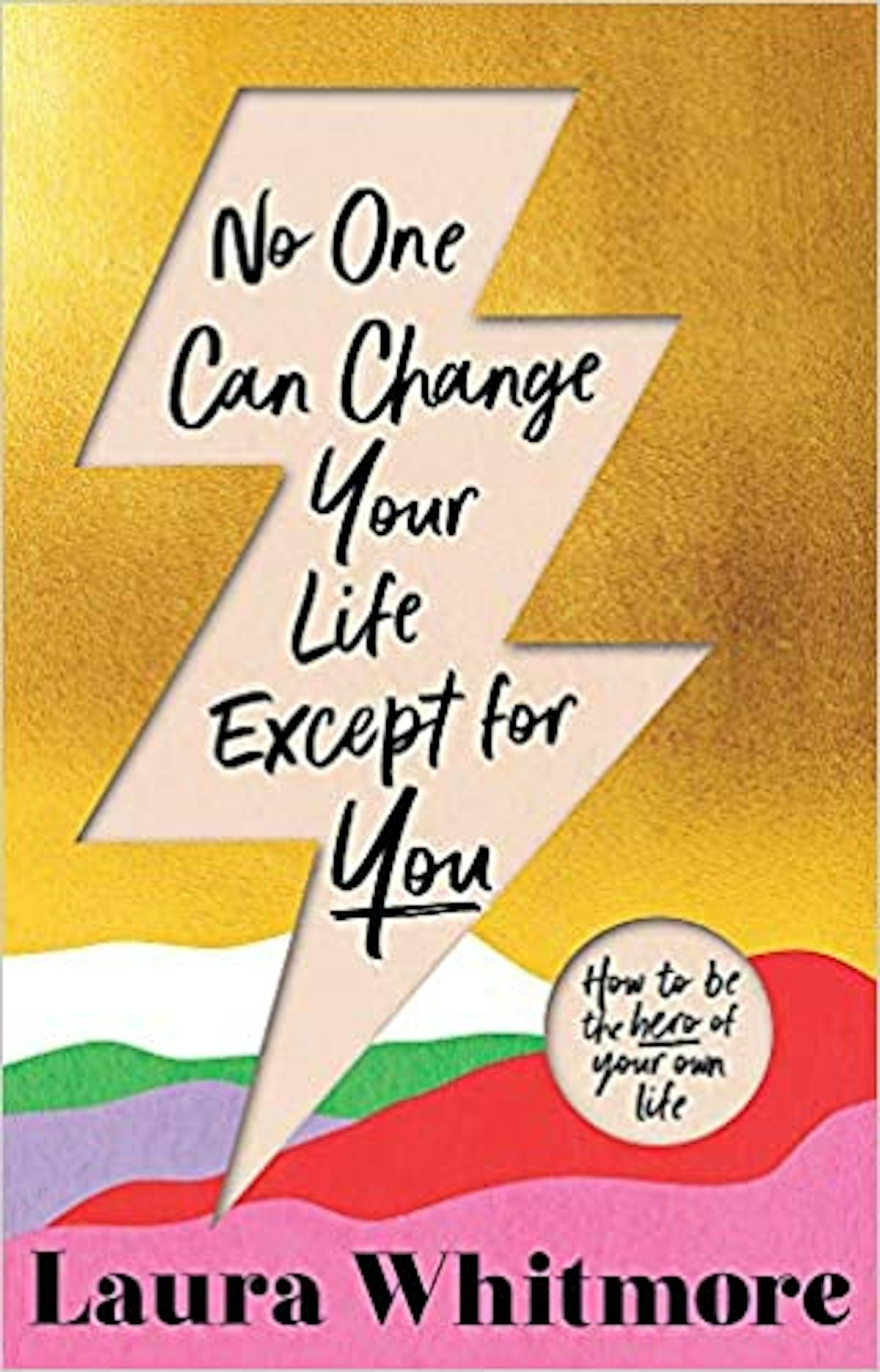 11 of 33
11 of 33No One Can Change Your Life Except For You, by Laura Whitmore
TV presenter, radio broadcaster, actress, filmmaker and now author – is there anything Laura Whitmore can't do? This inspiring book is part-memoir and part-manifesto for finding success through optimism and self-belief.
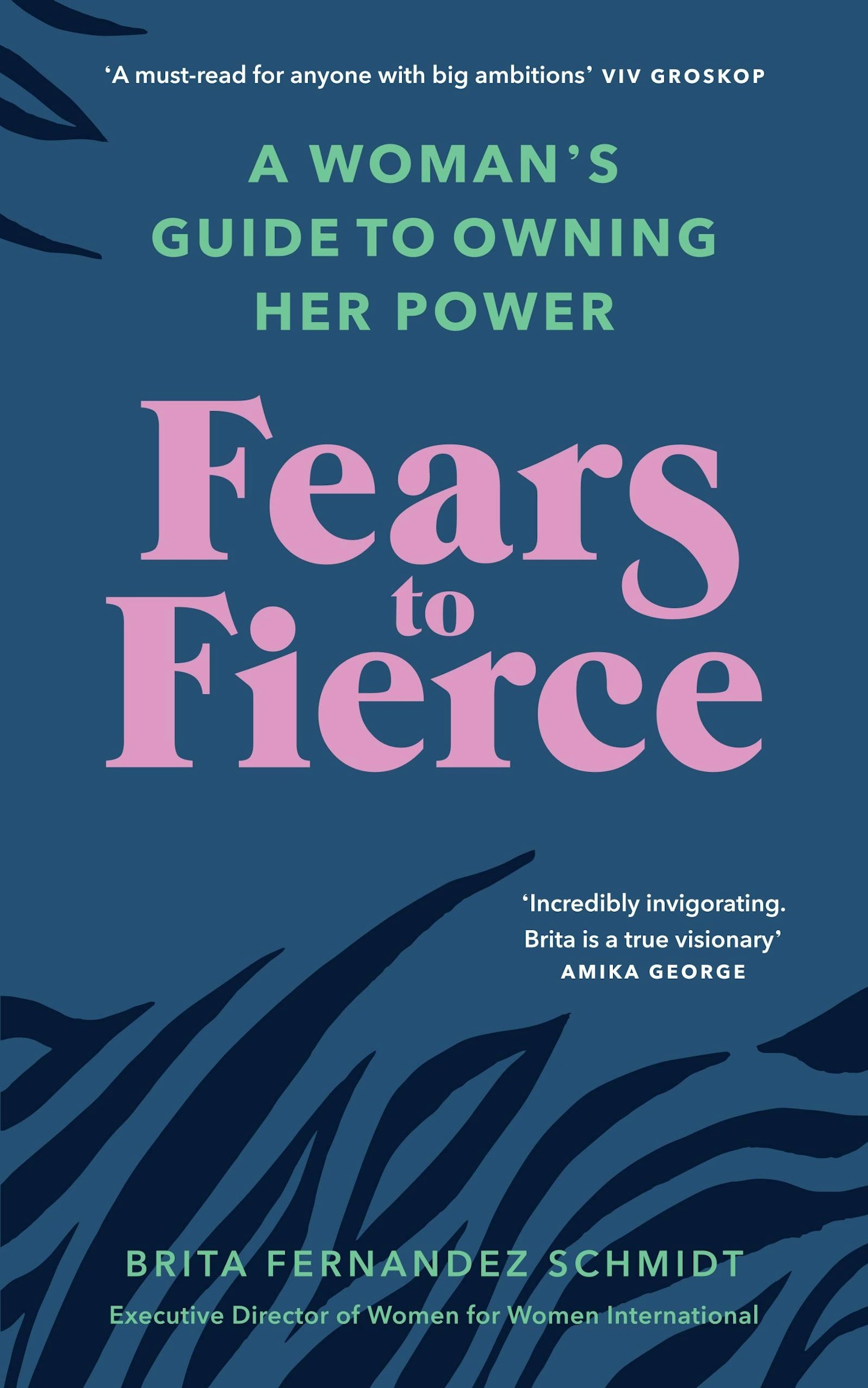 12 of 33
12 of 33Fears to Fierce: A Woman’s Guide to Owning Her Power, by Brita Fernandez Schmidt
With a foreword by Gillian Anderson, this empowering read from the co-founder of Women For Women International is all about finding your meaning, owning your power and transforming your world.
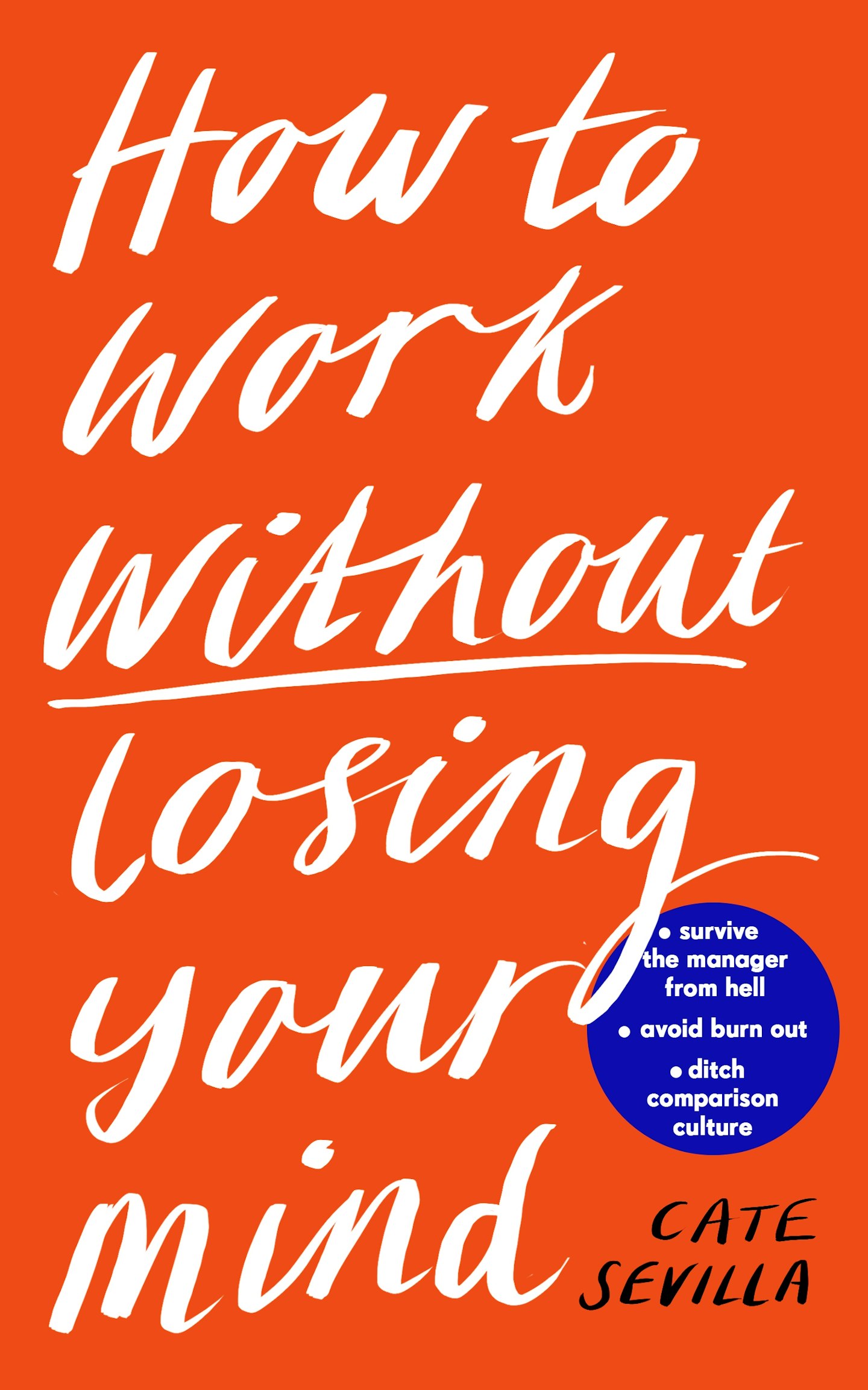 13 of 33
13 of 33Cate Sevilla - How to Work Without Losing Your Mind: A Realistic Guide to the Hell of Modern Work, by Cate Sevilla
Work situation changed in 2020? Whether you're struggling with wfh, coping with the fallout from redundancy or simply reassessing your values and looking for a career change, this is the book for you.
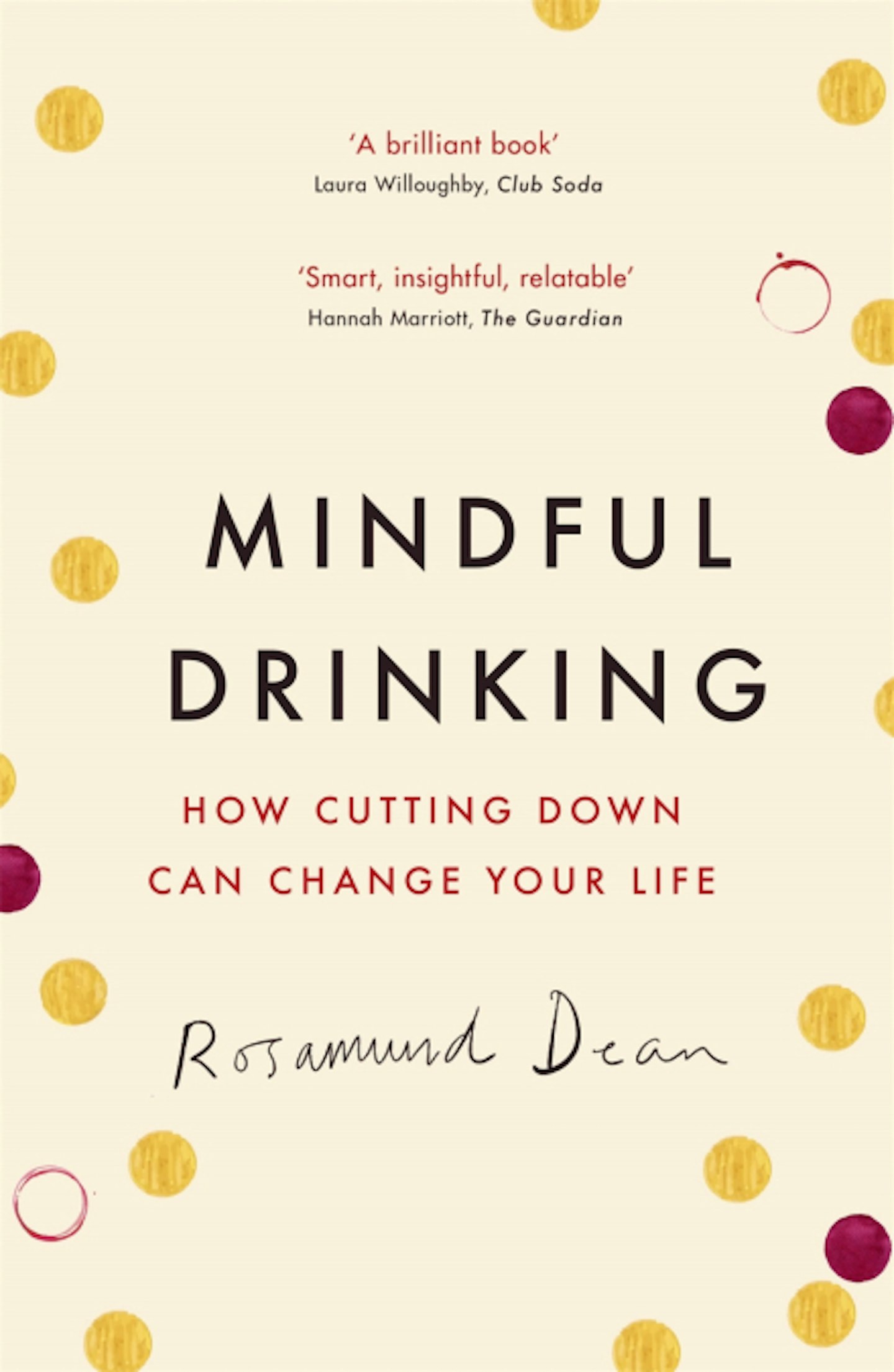 14 of 33
14 of 33Mindful Drinking: How Cutting Down Can Change Your Life, by Rosamund Dean
Be happier, healthier and more productive with Rosamund Dean's simple strategy to drink less and enjoy life more.
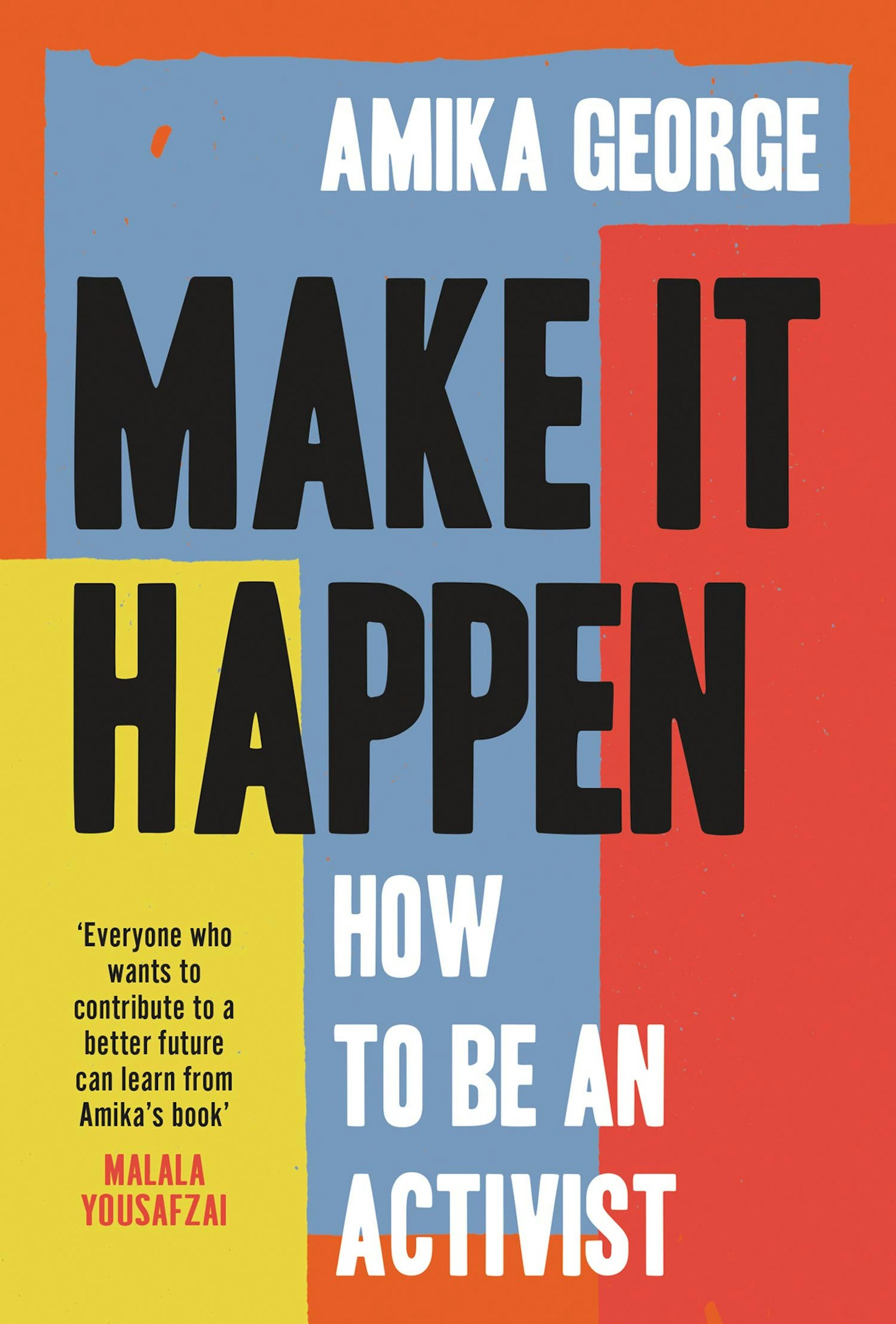 15 of 33
15 of 33Make it Happen: How to be an Activist, by Amika George
Amika George was just a teenager when she launched a global campaign against period poverty from her bedroom. In this inspiring read, she talks to Caroline Criado-Perez, Deborah Frances-White, Adwoa Aboah and Scarlett Curtis about activism in 2021.
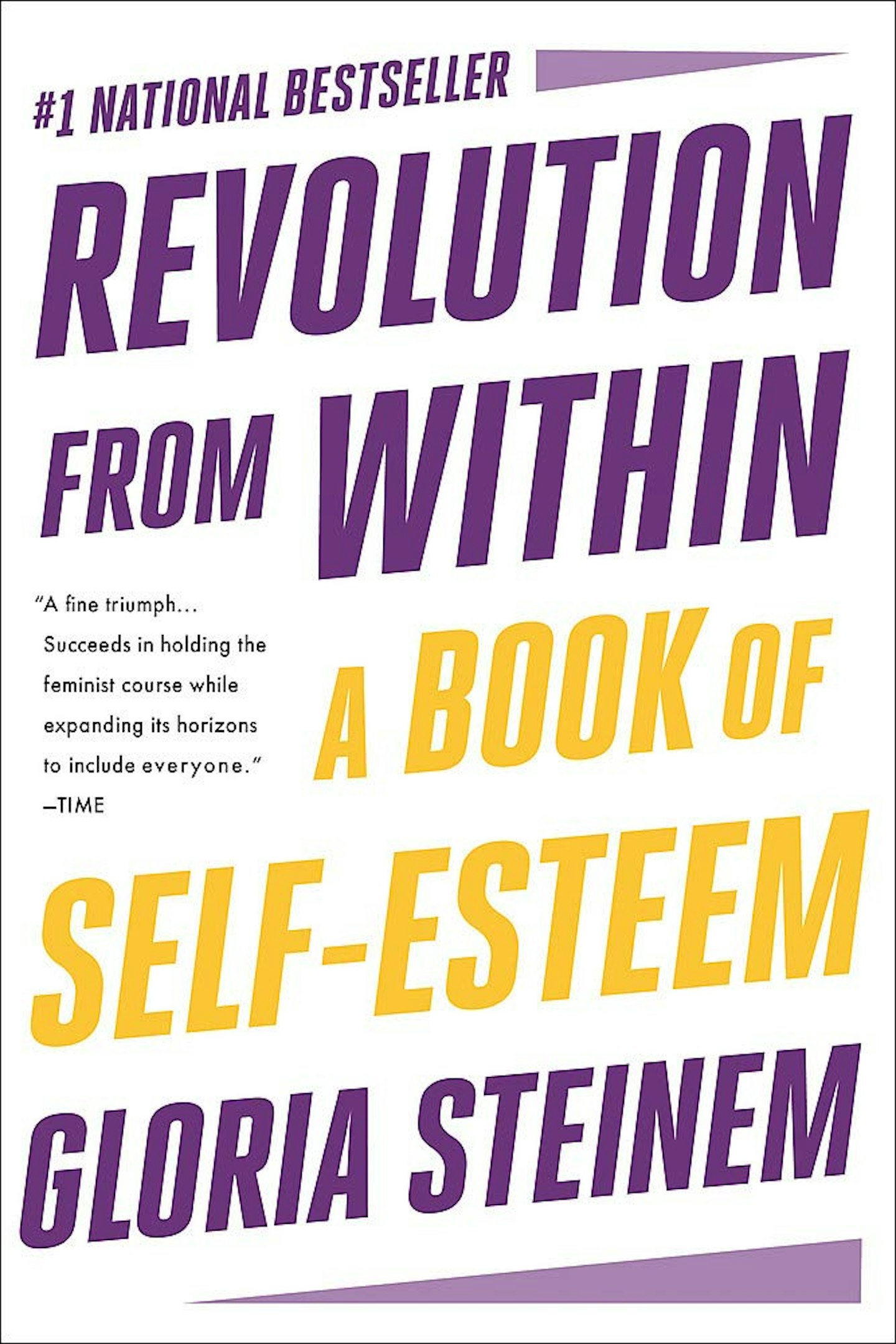 16 of 33
16 of 33Revolution from Within: A Book of Self-Esteem, by Gloria Steinem
A new edition of the classic confidence builder from legendary feminist activist Gloria Steinem.
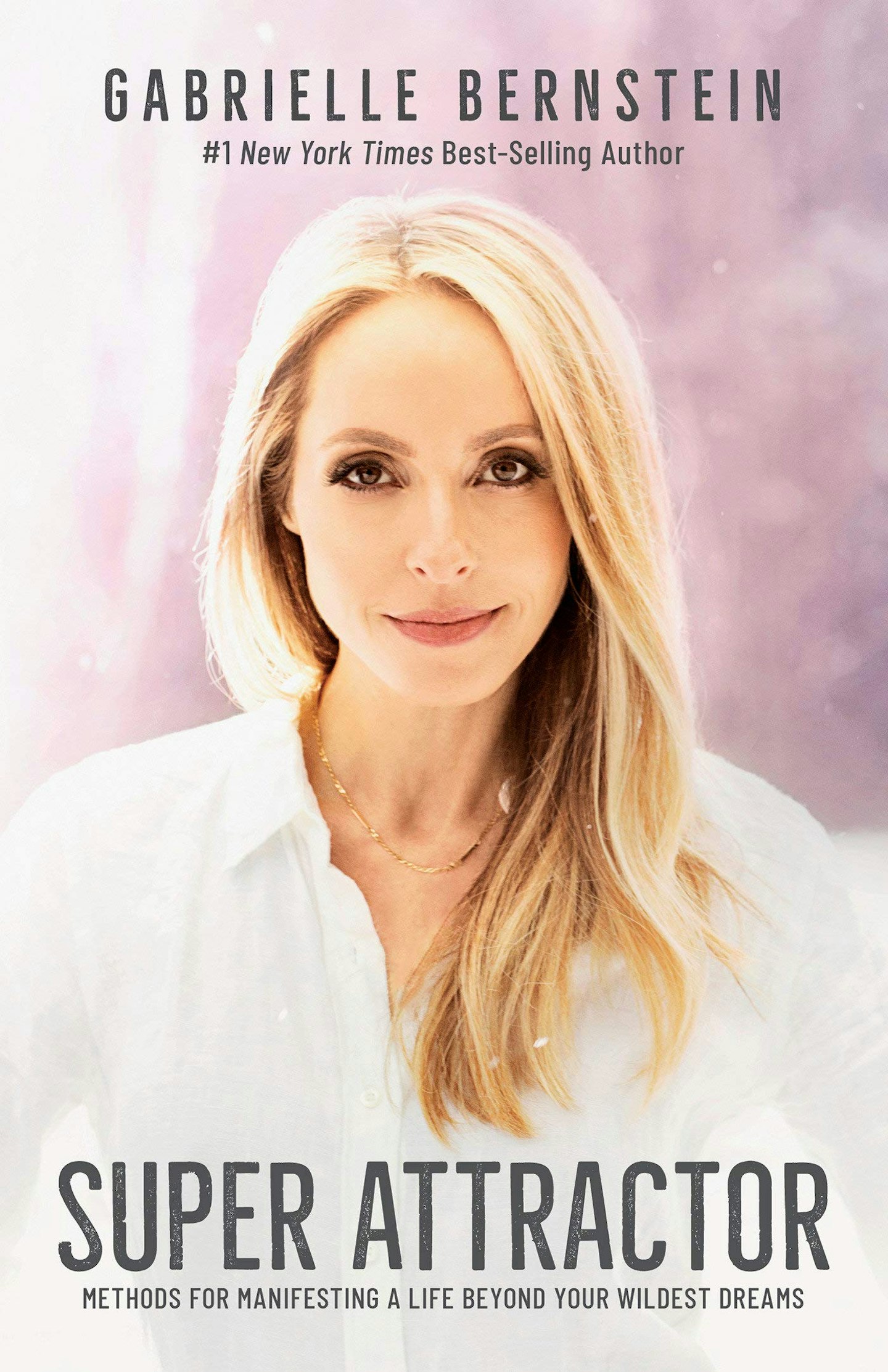 17 of 33
17 of 33Super Attractor: Methods for Manifesting a Life beyond Your Wildest Dreams, by Gabrielle Bernstein
Gabrielle Bernstein makes miracles happen, but don't just take our word for it. 'A brilliant book that helped me out during lockdown,' says Fearne Cotton. 'Oh my god, it's game-changing!'
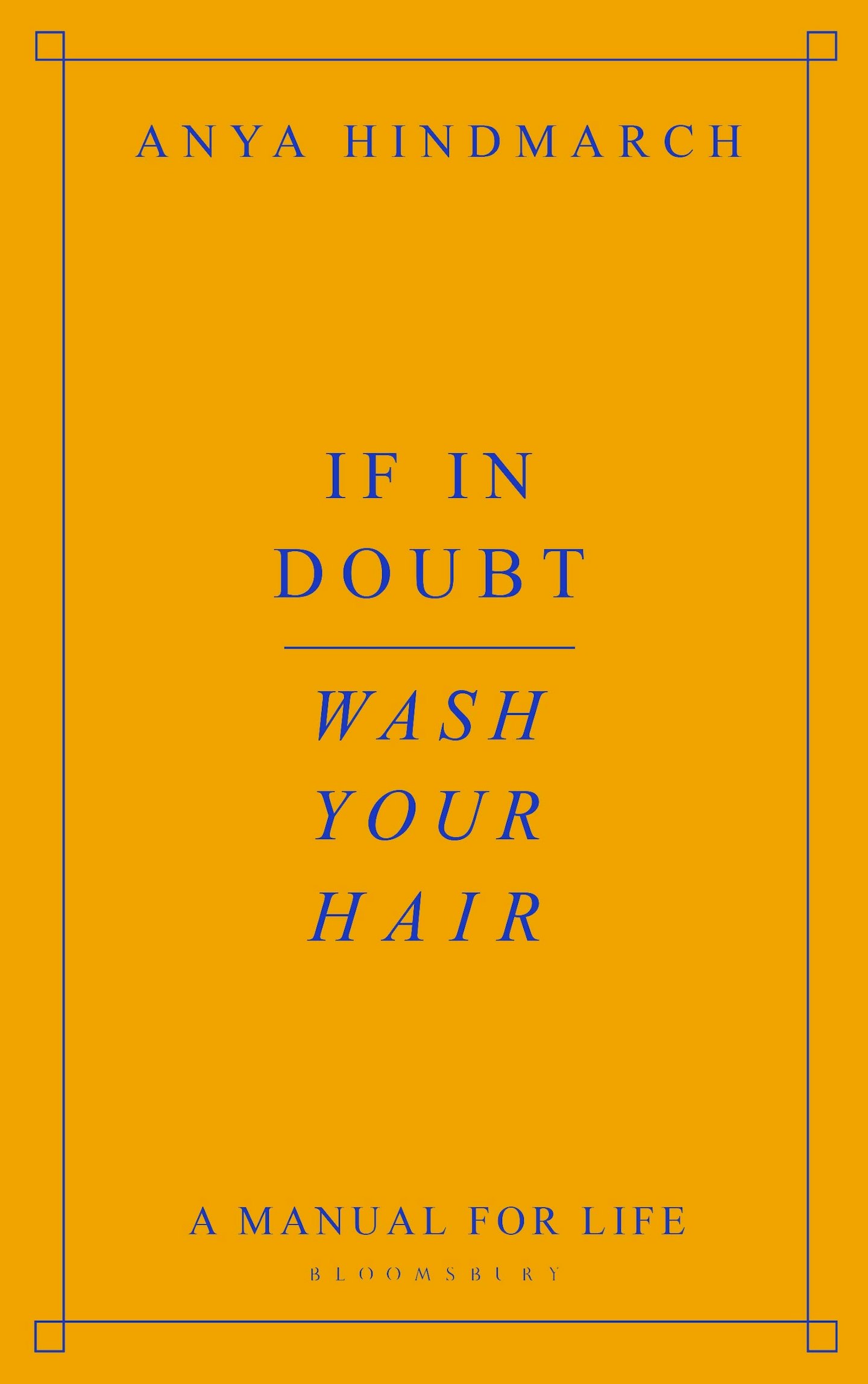 18 of 33
18 of 33If In Doubt, Wash Your Hair: A Manual for Life by Anya Hindmarch
Anya is a mother of five, stepmother and successful businesswoman. Through her words she shares everything she has learnt in her colourful life. From practical tips and quick fixes, to profound observations about confidence and creativity. This handbook will show you how to live a little better - and yes sometimes simply washing your hair is the answer.
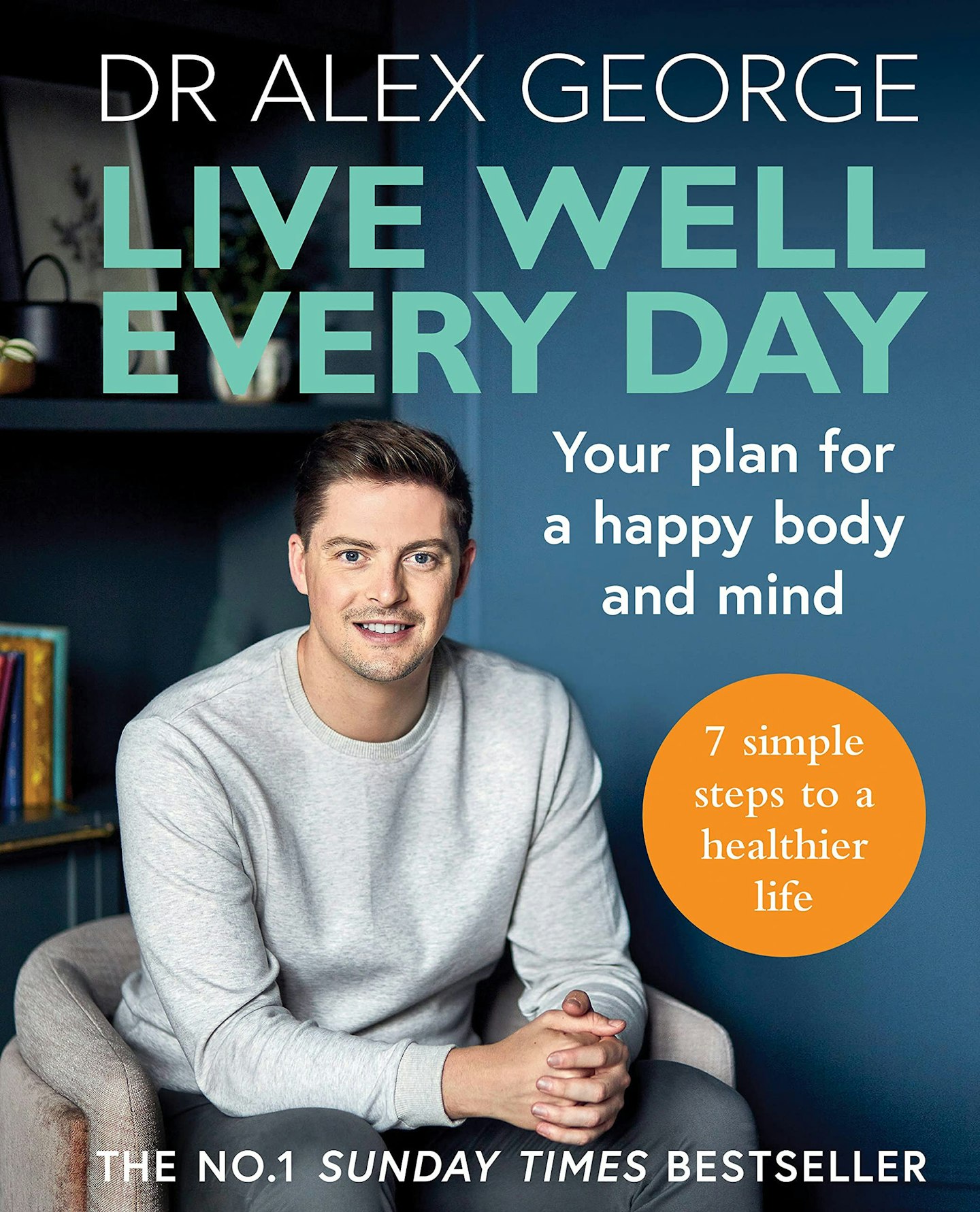 19 of 33
19 of 33Live Well Every Day: Your Plan For A Happy Body and Mind by Dr Alex George
The former Love Island Star and A&E doctor reflects on his experiences - from working on the wards during the pandemic to living in the spotlight to inform readers on mental health. This self help book empowers readers though advice on how people can power though tough moments and remain mentally strong.
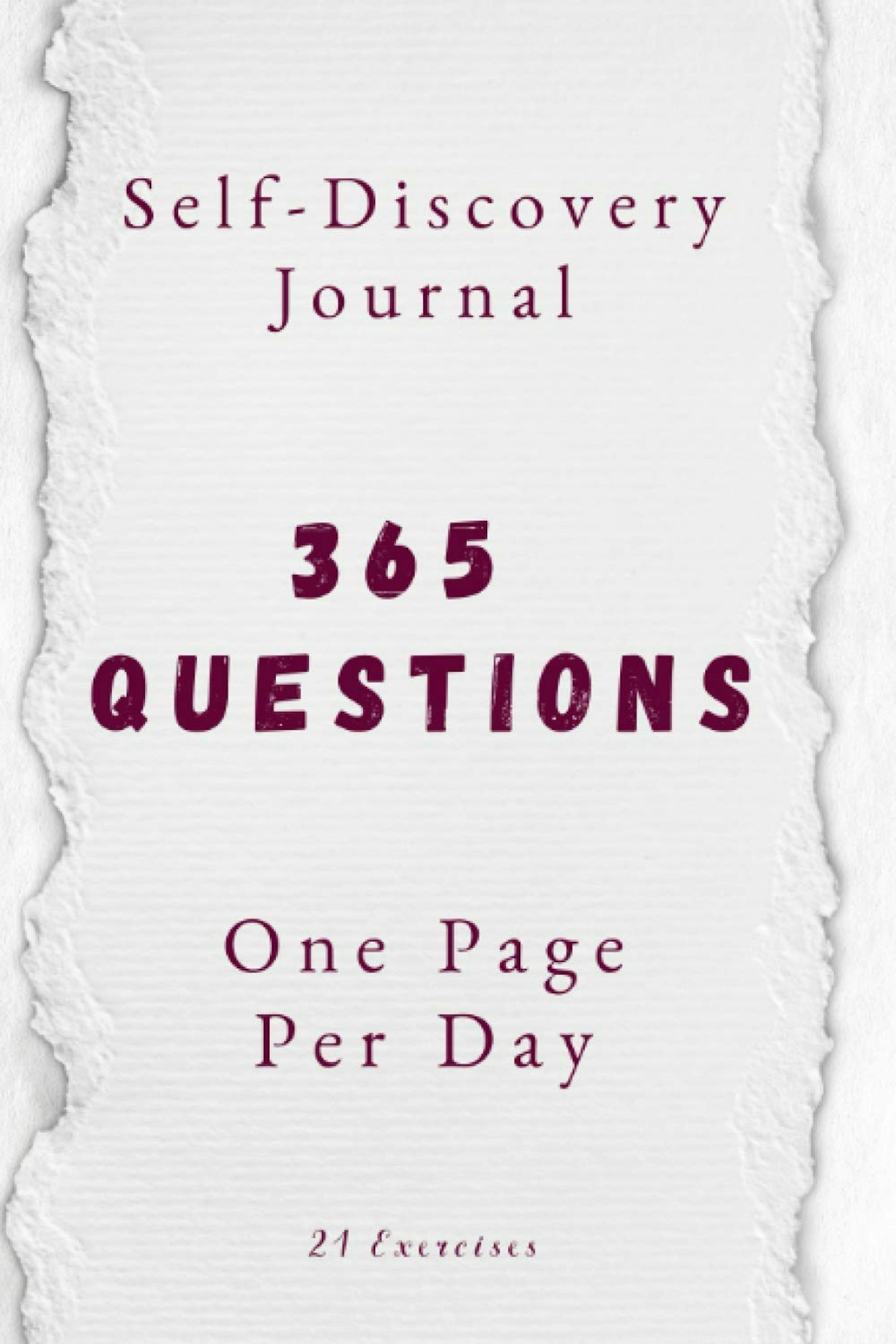 20 of 33
20 of 33365 Questions, One Page Per Day : A One Year Self-Discovery Journal by 21 Exercises
This journal allows you to have the power and create your own self- help guide. With plenty of lined pages and thoughtful writing prompts this journal will enable you to become more clear in your thinking, reduce stress and anxiety. This is ideal for anyone who wants to make personal growth a simple & successful daily habit.
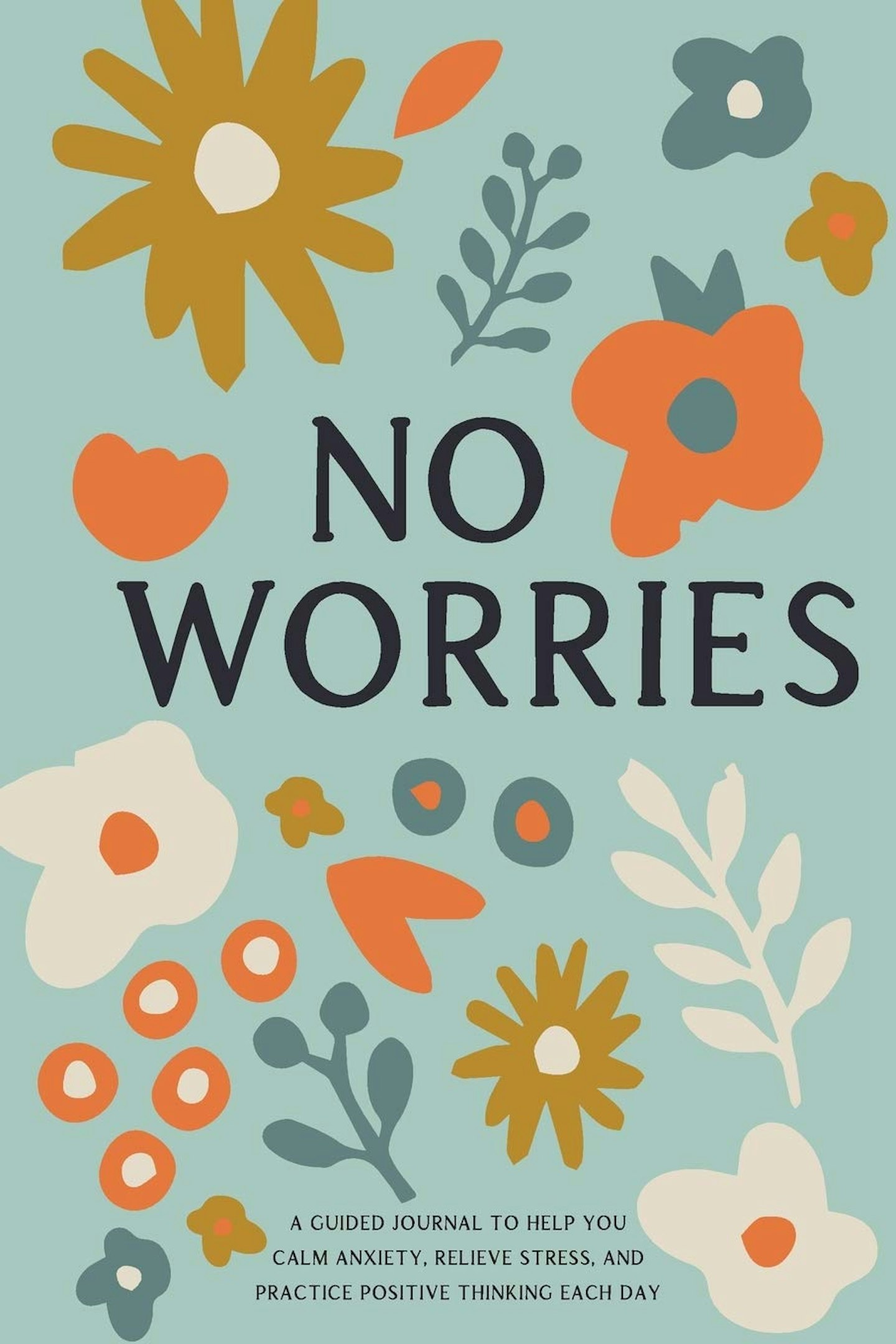 21 of 33
21 of 33No Worries by Bella Mente Press
No Worries is a 12- week anxiety and self care journal that will help you structure everything that is on your mind. This will help you thoughtfully manage your worries before they spiral out of control.
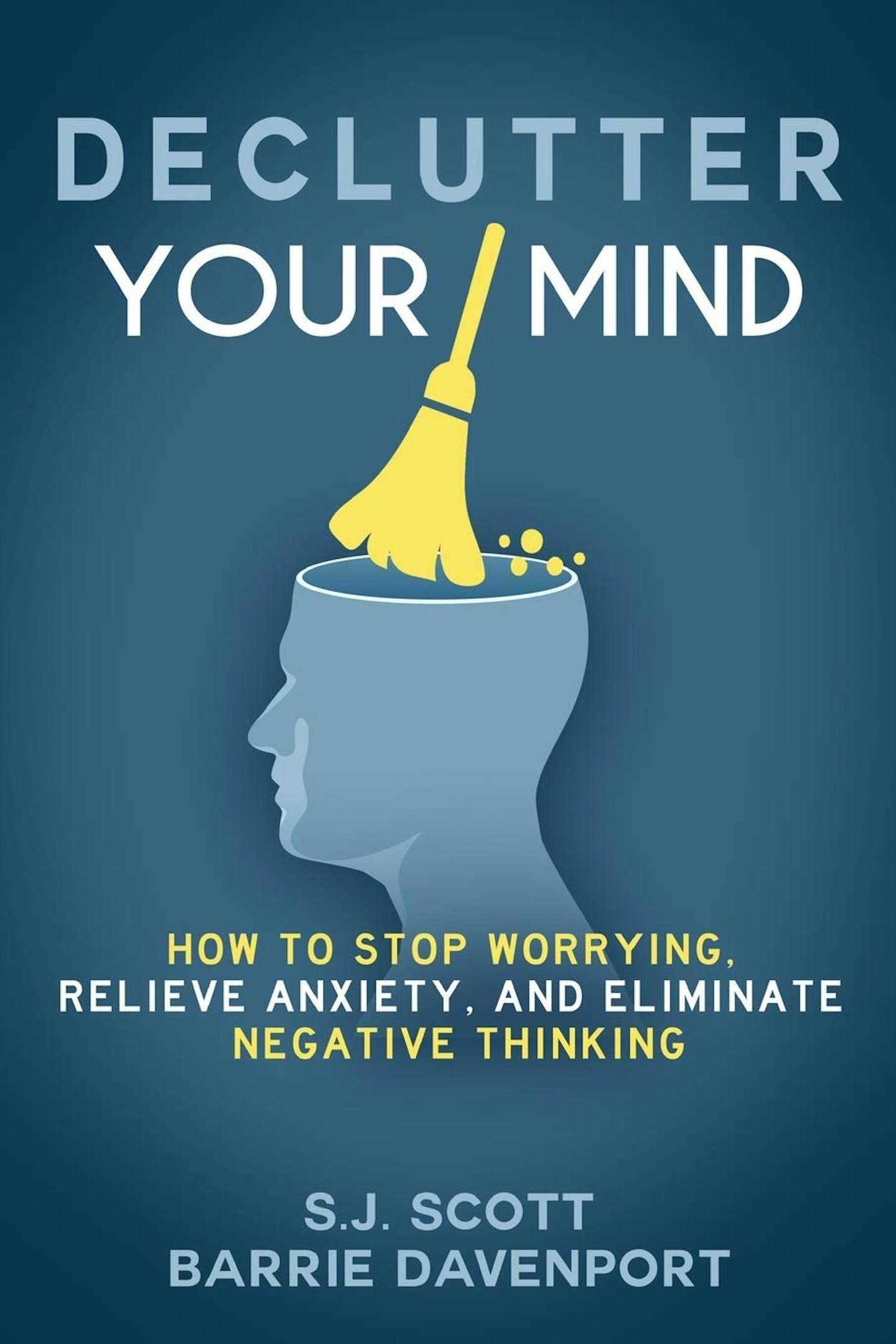 22 of 33
22 of 33Declutter Your Mind: How to Stop Worrying,Relieve Anxiety and Eliminate Negative Thinking by S.J.Scott and Barrie Davenport
How To Declutter Your Mind teaches readers specific mindfulness techniques and habits, to create more "space" in your mind to enjoy peace and happiness. You will take away excercises that will have an immediate and lasting effect on your mental health and mindset.
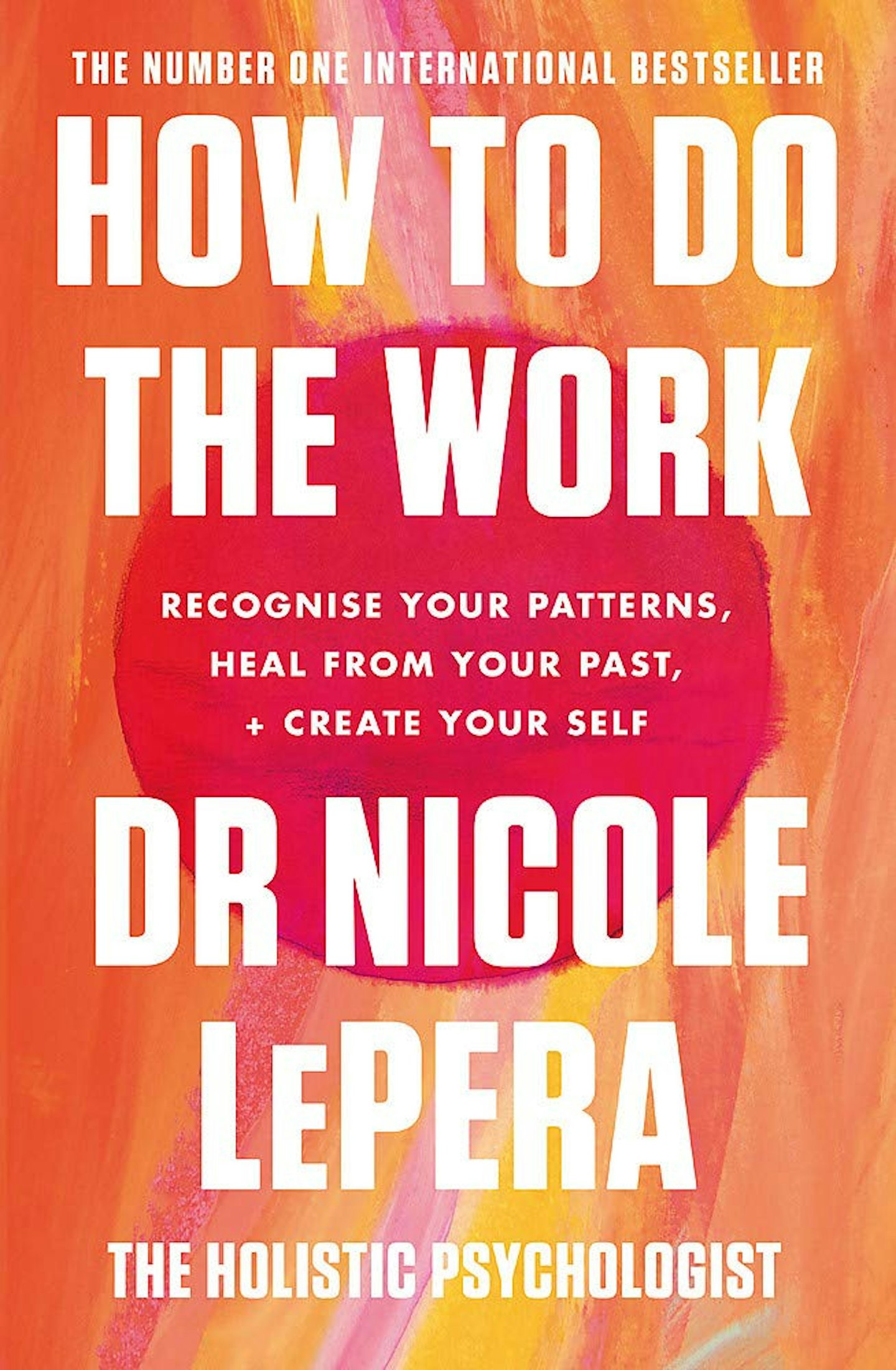 23 of 33
23 of 33How To Do The Work by Dr Nicole LePera
Clinical Psychologist, Dr Nicole LePera offers an essential guide to self healing and creating a more joyful life. Drawing from both scientific research and healing modalities, Dr LePera helps readers overcome trauma and destructive behaviours to reclaim their lives.
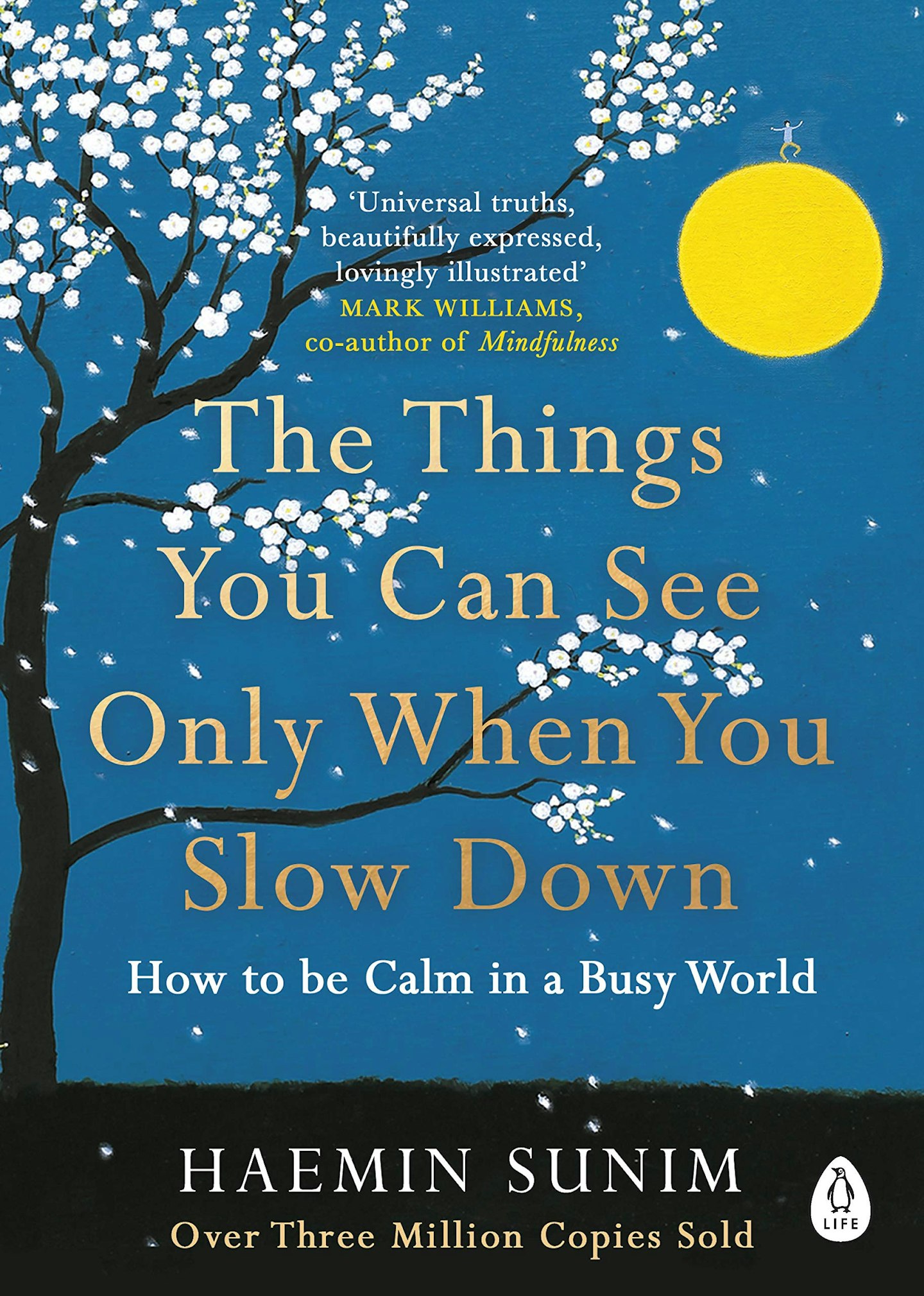 24 of 33
24 of 33The Things You Can Only See When You Slow Down by Haemin Sunim
In a fast moving world, The Things You Can Only See When You Slow Down provides a relief. In this timely guide to mindfulness, Haemin Sunim, a Buddhist monk dives into dealing with rest and relations and handling setbacks. A mixture of his teachings and calming illustrations remind us of the strength that comes from slowing down.
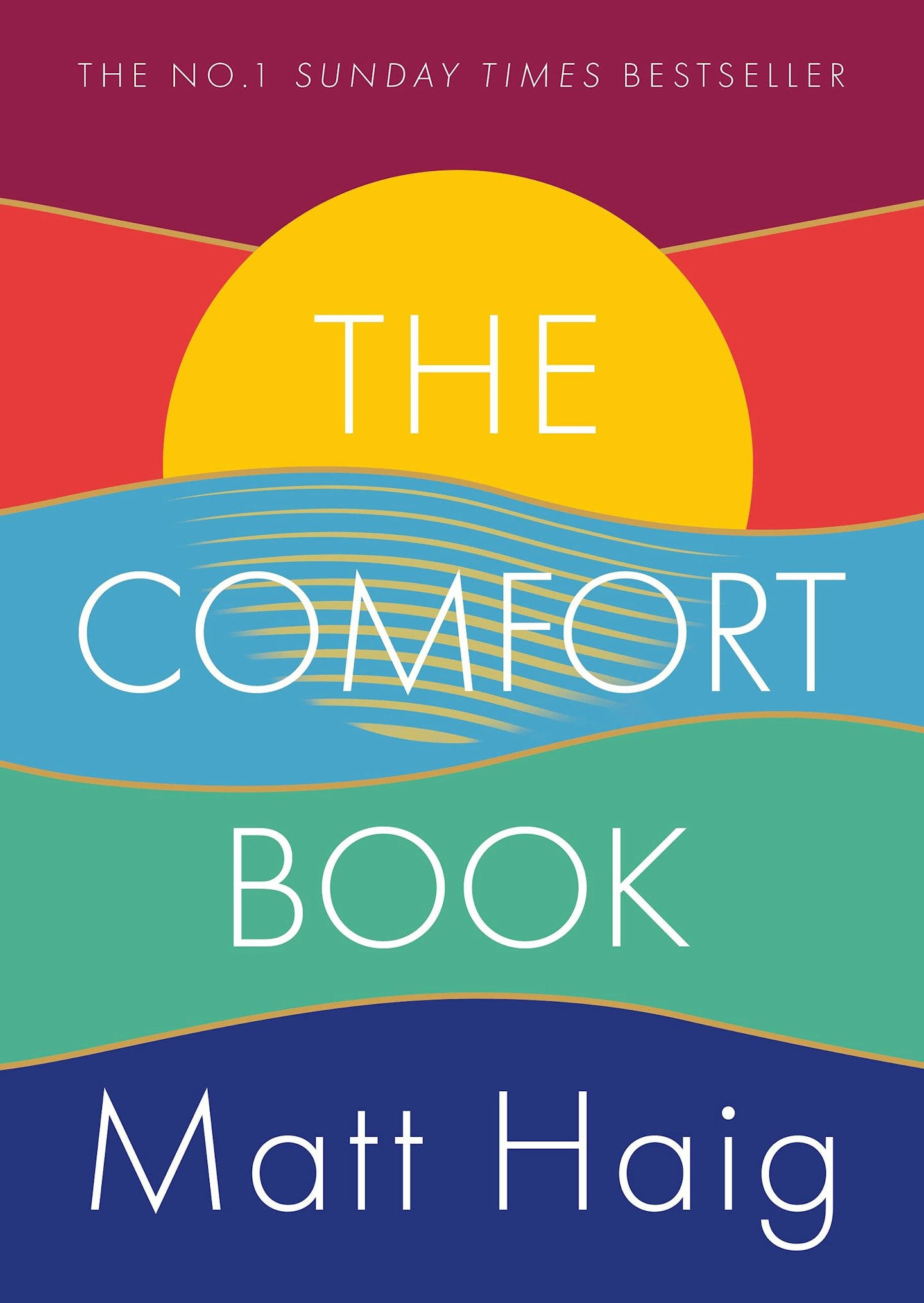 25 of 33
25 of 33The Comfort Book by Matt Haig
The instant No.1 best seller is a collection of consolations learned in hard times, and suggestions for making the bad days better. This is a book for when we need a friend, a listening ear or just a reminder of hope.
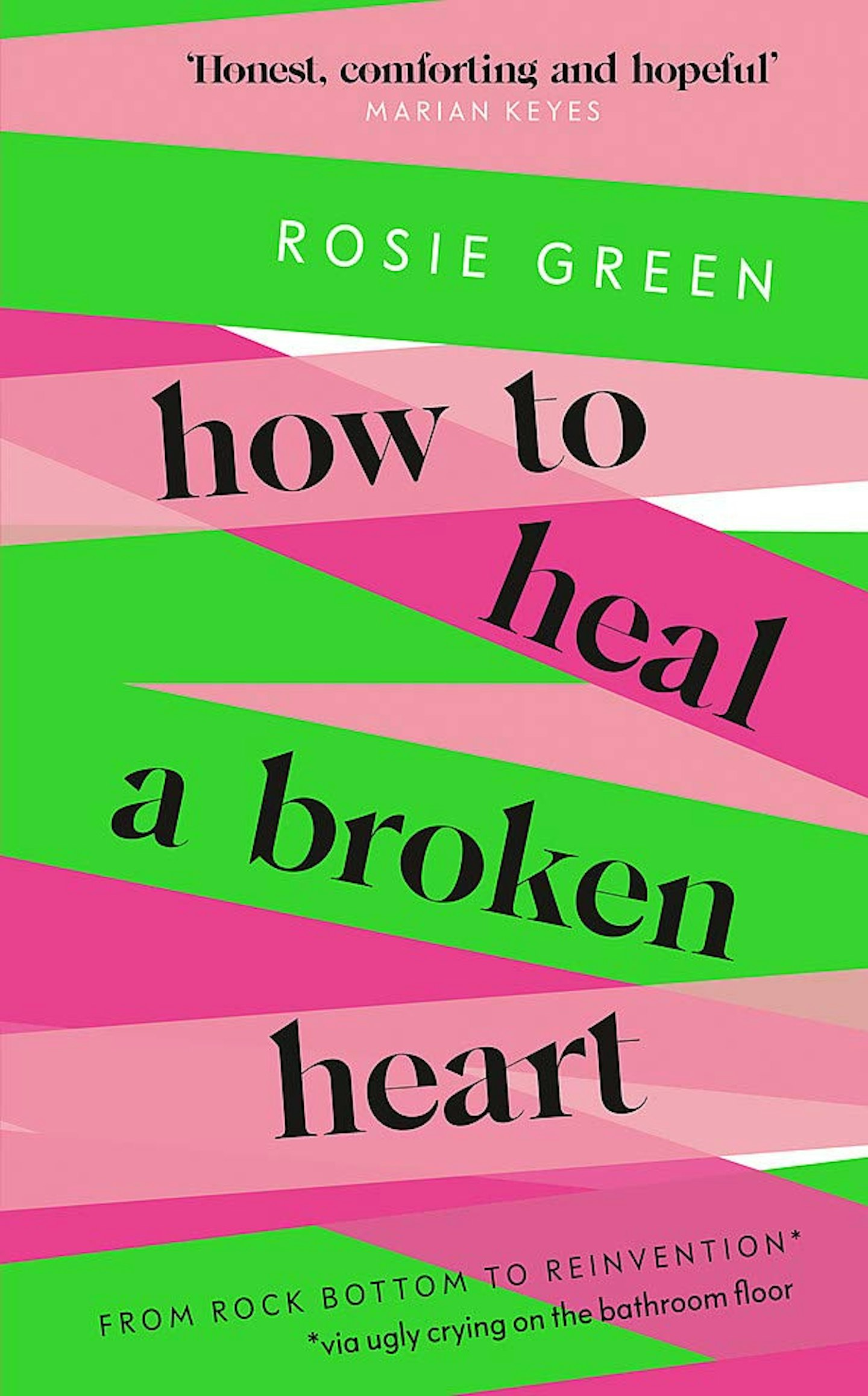 26 of 33
26 of 33How To Heal A Broken Heart by Rosie Green
How To Heal A Broken Heart gives a refreshingly honest take on heartbreak. When Rosie Green's husband leaves her after 26 years together she never thought she would get over it. But she did- and so can you. This bold, witty and insightful handbook dives into how you can heal faster, understand yourself better and move on.
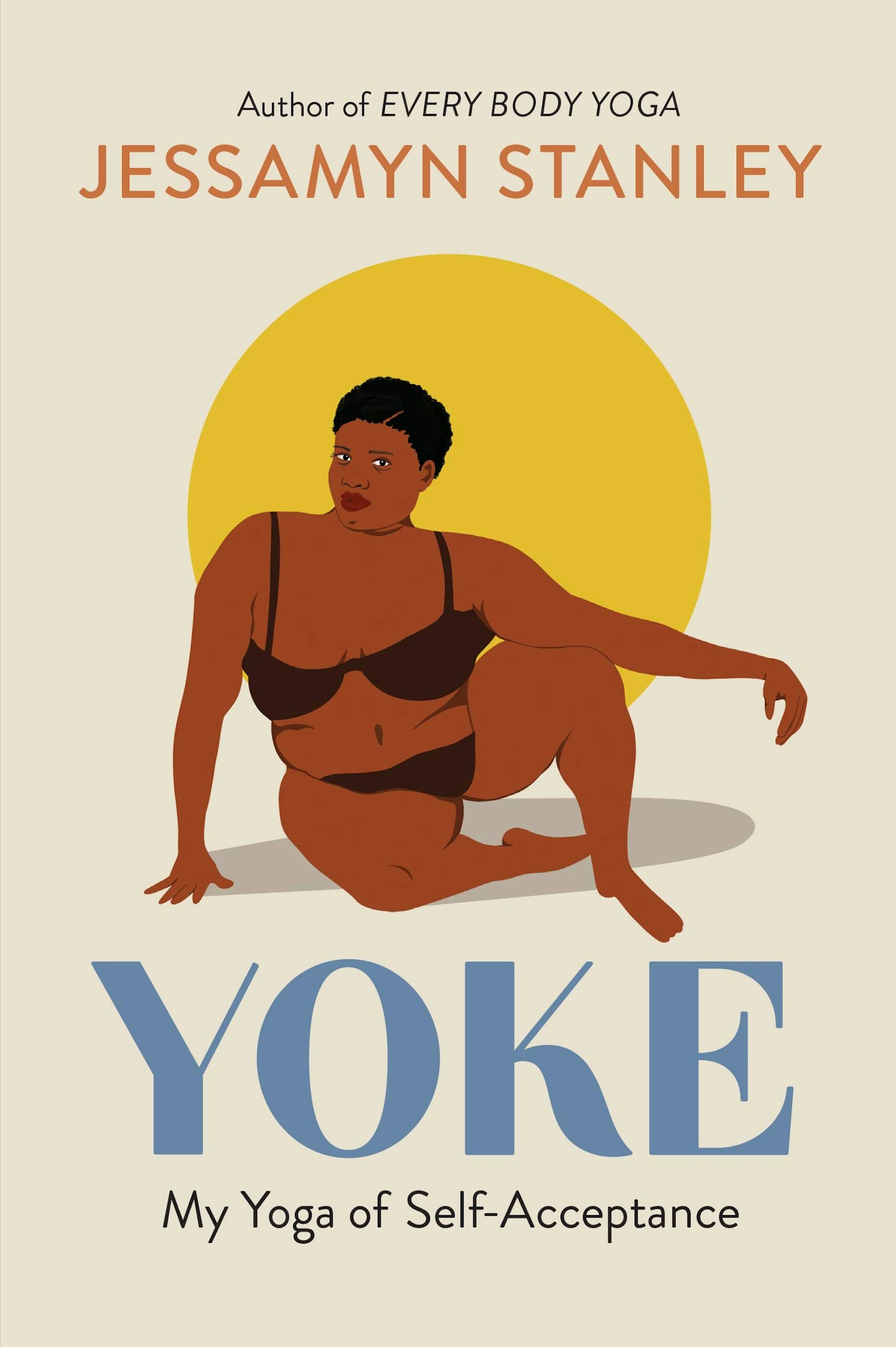 27 of 33
27 of 33Yoke: My Yoga of Self-Acceptance by Jessamyn Stanley
Yoke is about finding acceptance within yourself both on and off the Yoga mat. Jessamyn Stanley calls on a larger idea on the yoga of everyday life. In a series of deeply honest, funny autobiographical essays, Jessamyn explores everything from imposter syndrome to loving yourself, all through the lens of yoke.
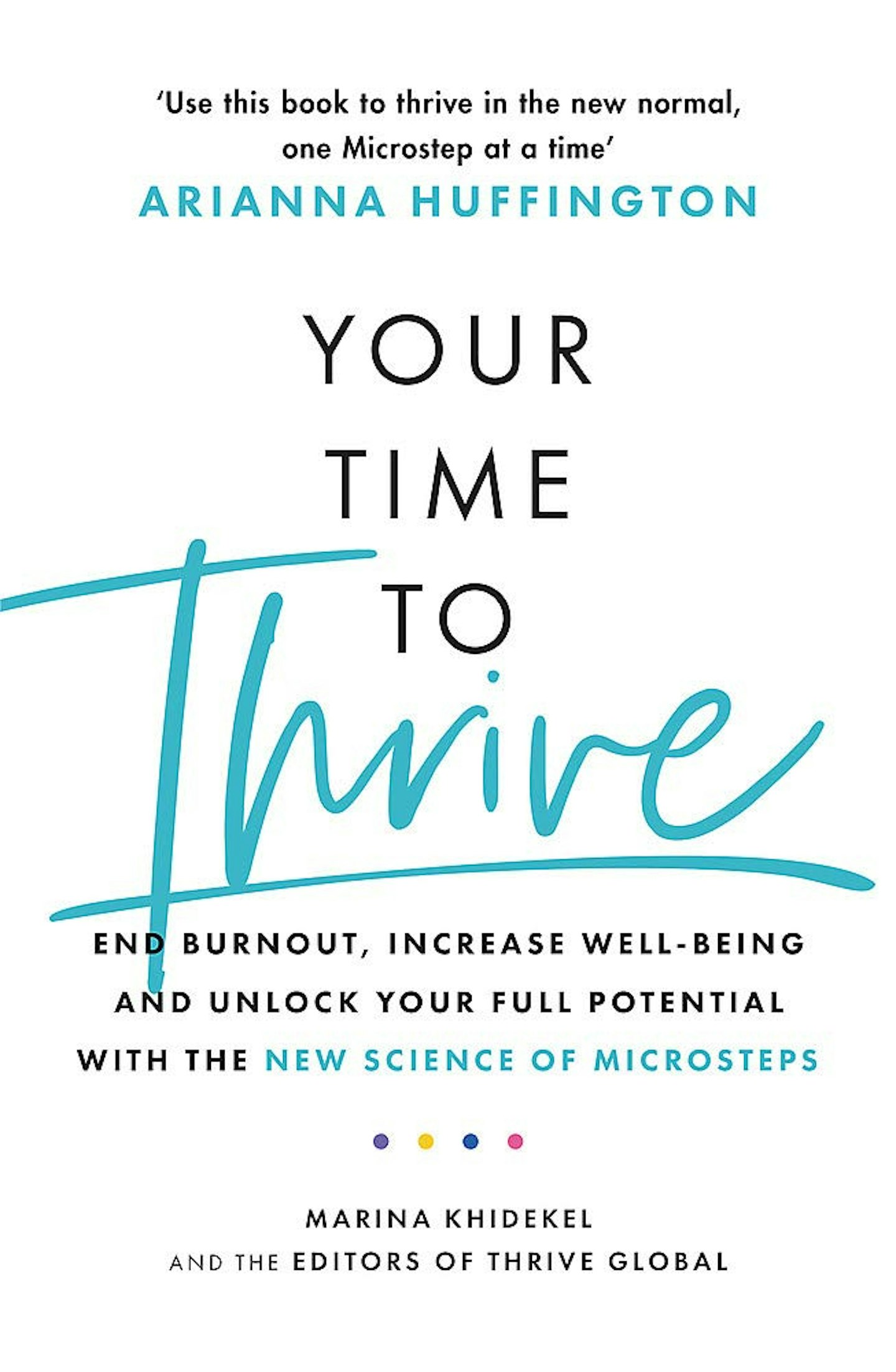 28 of 33
28 of 33Your Time to Thrive by Marina Khidekel
A guide to help readers build new habits that improve their lives for the better and allow them to thrive. Time to Thrive suggests exercises based on Microsteps - tiny, science-backed changes. By making them too-small-to fail, we can incorporate them into our daily lives right away, and begin building healthier ways of living and working.
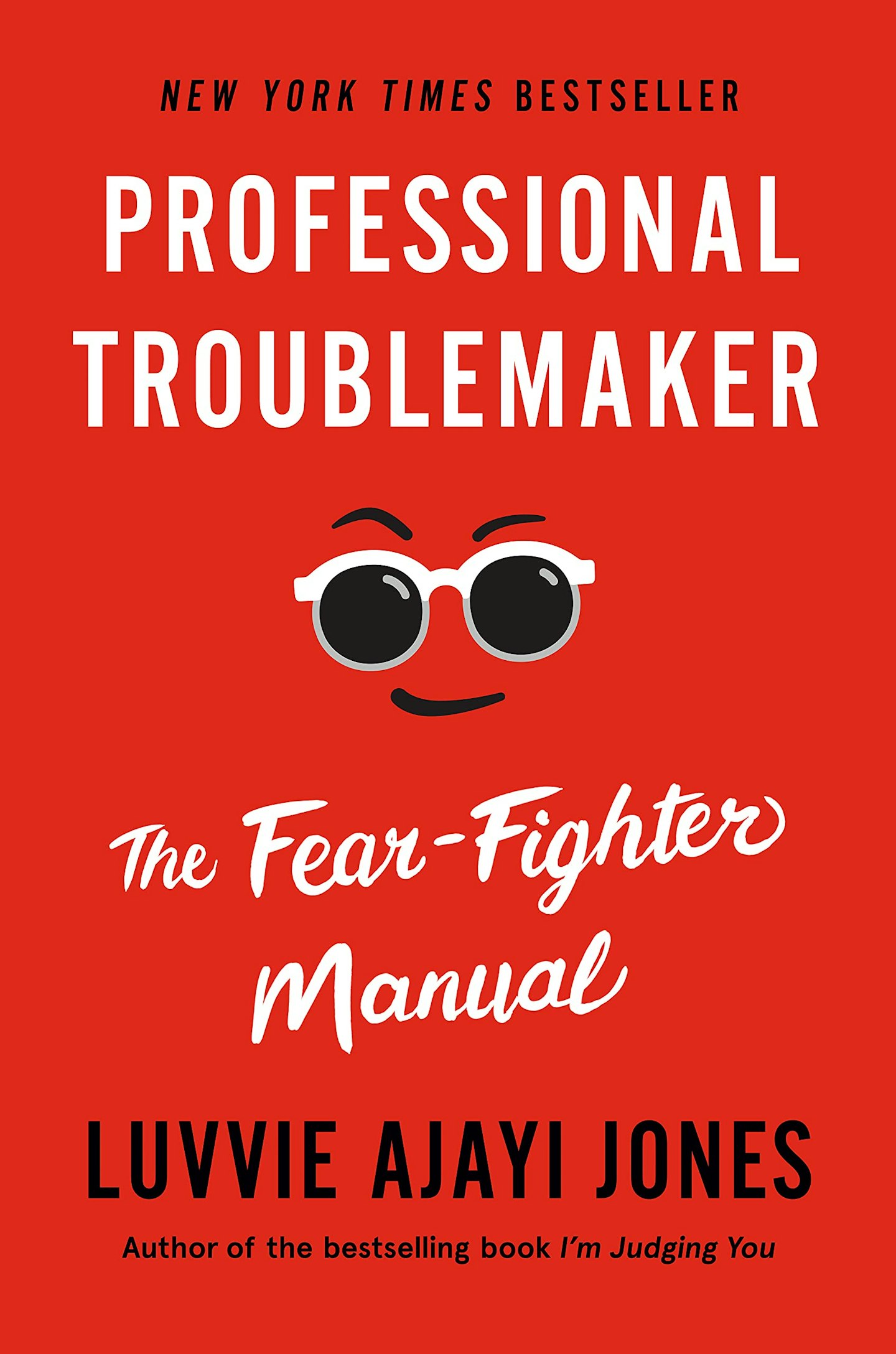 29 of 33
29 of 33The Fear-Fighter Manual: Professional Troublemaker by Luvvie Ajayi Jones
Luvvie is a Nigerian author, speaker and digital strategist. This New-York Times best seller is about how to live boldly in spite of all the reasons we have to cower. Prepare for humour, perpetual truth telling and warmth as Luvvie walks us through what we must get right within ourselves before we can do the things that scare us.
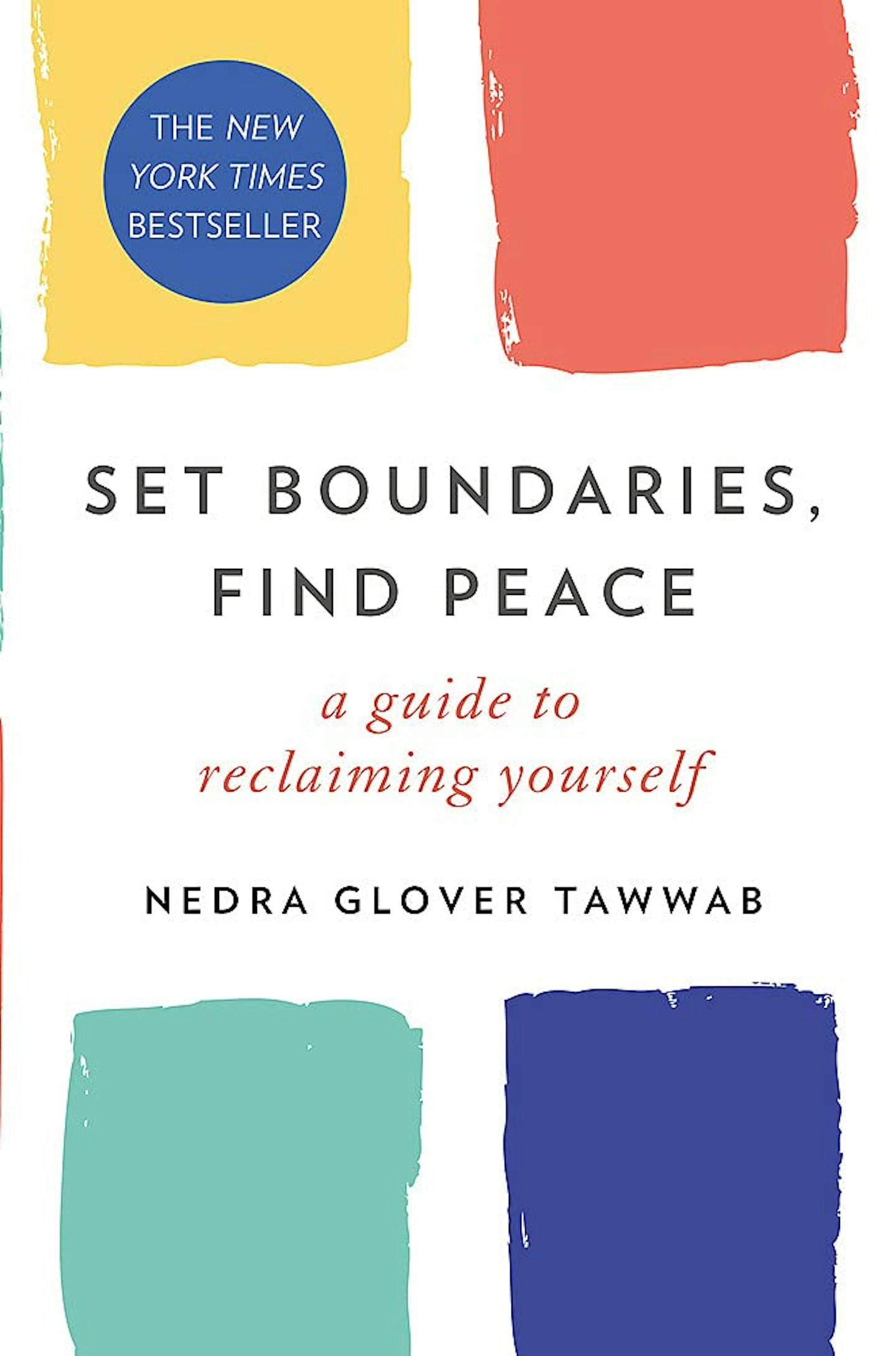 30 of 33
30 of 33Set Boundaries, Find Peace : A Guide To Reclaiming Yourself by Nedra Glover Tawwab
Set Boundaries, Find Peace presents simple-yet-powerful ways to establish healthy boundaries in all aspects of life. Drawing on the latest research in Cognitive behavioural therapy (CBT) techniques - this guide helps us to search for the root of problems within codependency, power struggles, anxiety, depression and burnout.
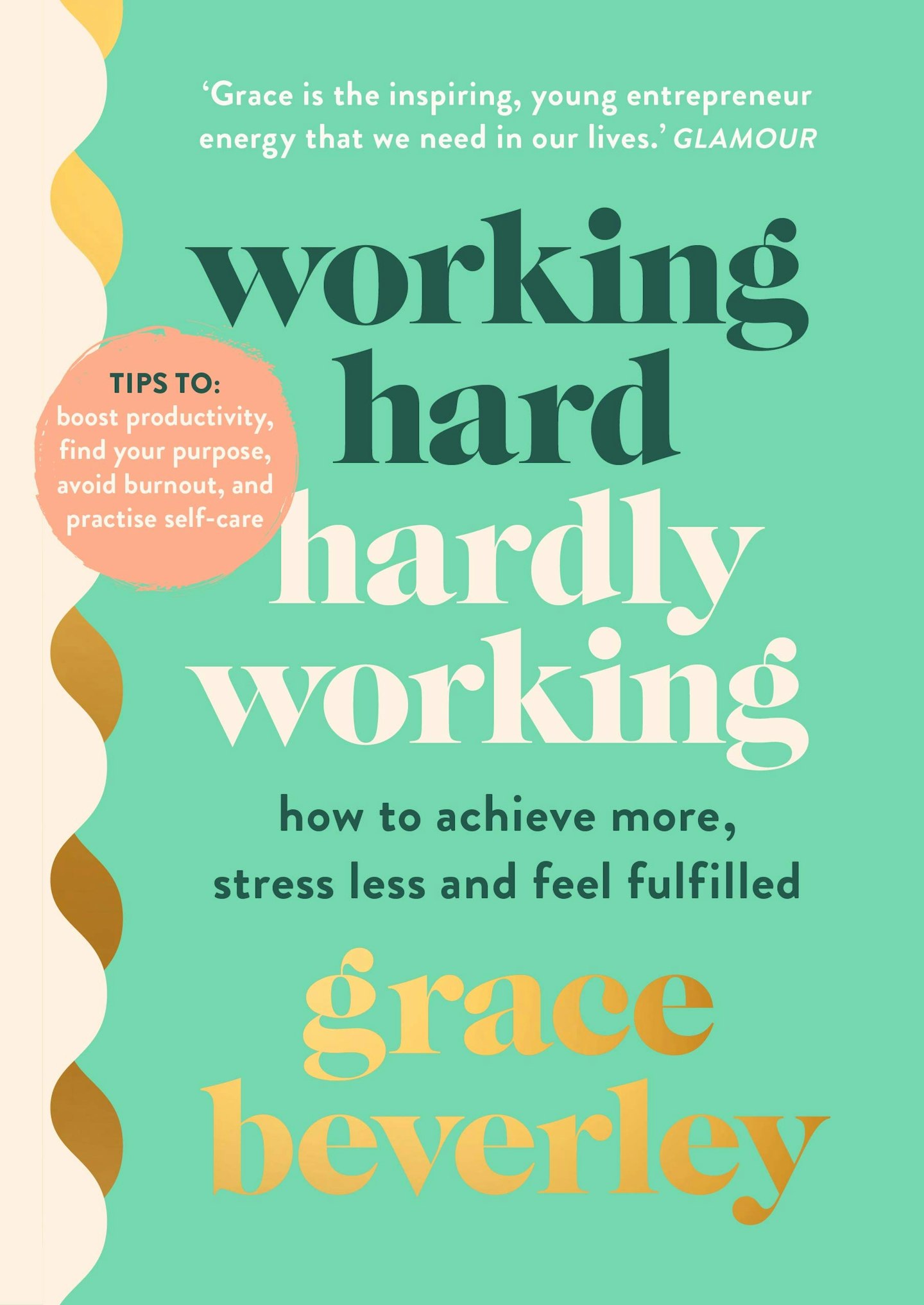 31 of 33
31 of 33Working Hard, Hardly Working by Grace Beverley
This past year especially, there has been a particular emphasis on working 24/7 while simultaneously being told we should relax and take care of ourselves. In today's complex working wold this can be hard to differentiate. Working Hard, Hardly Working, entrepreneur and self-proclaimed 'lazy workaholic' Grace Beverley challenges this unrealistic and unnecessary split, and offers a fresh take on how to create your own balance, be more productive and feel fulfilled.
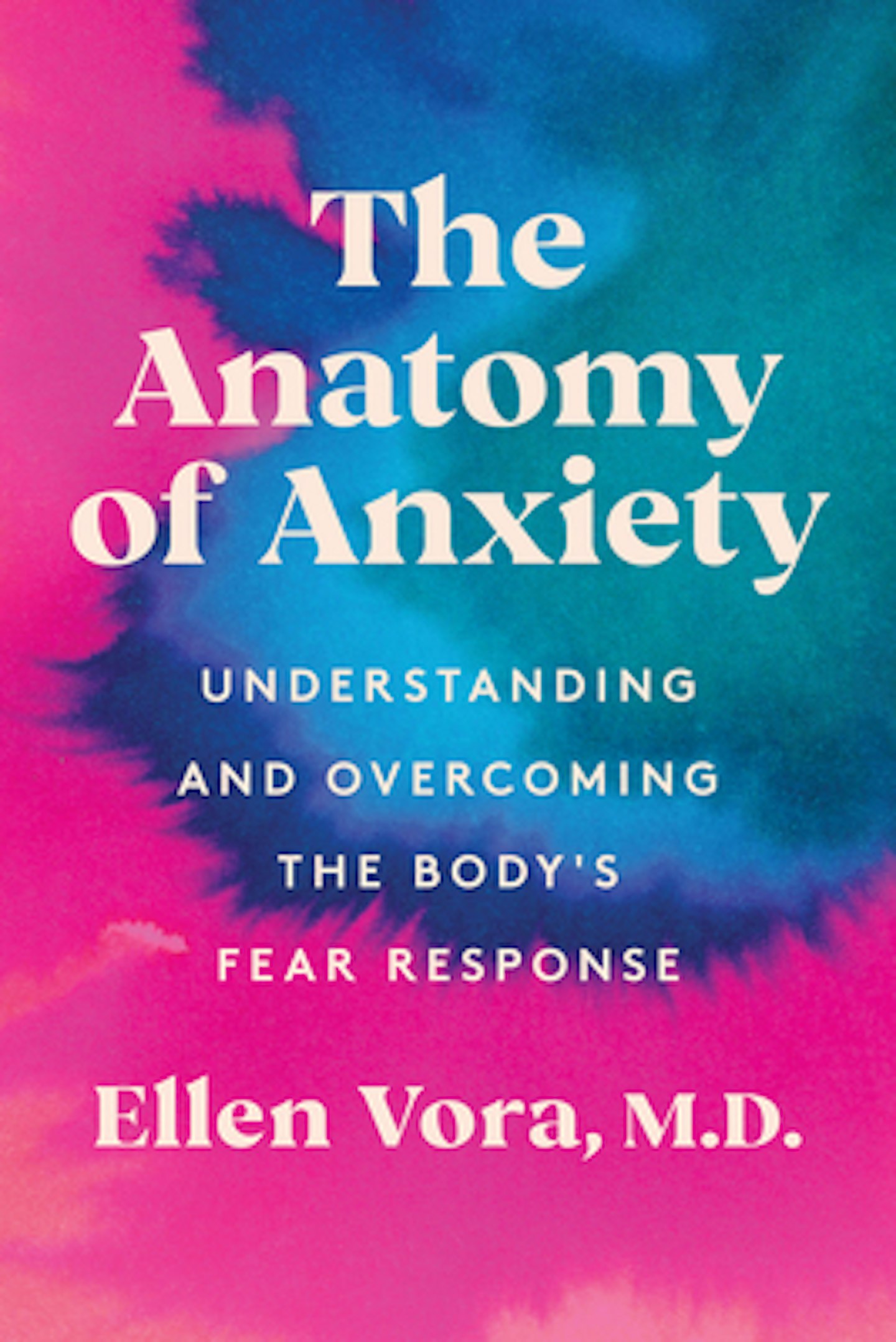 32 of 33
32 of 33The Anatomy Of Anxiety: Understanding And Overcoming The Body's Fear Response
Psychiatrist Dr Ellen Vora challenges the conventional view of anxiety as a mental disorder, suggesting instead that much of what we call anxiety begins in the body. Rather than our troubled thoughts creating physical symptoms, she argues that many types of anxiety are the result of states of imbalance in our bodies, whether blood sugar crashes, caffeine highs or sleep deprivation.
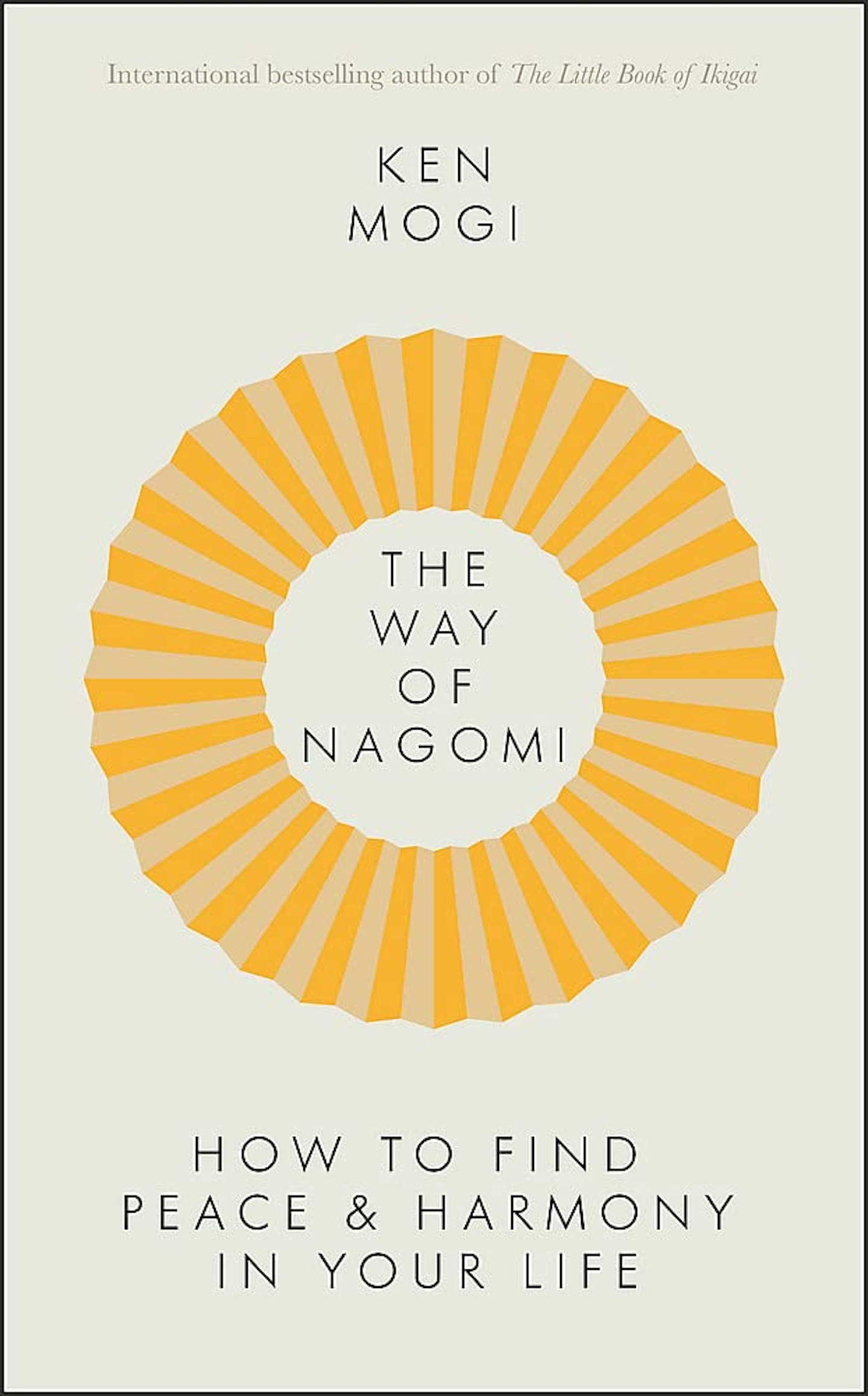 33 of 33
33 of 33The Way Of Nagomi: The Japanese Secret To A Harmonious Life
A popular concept in Japan, nagomi exemplifies a state of being where good and bad things live in balance with each other. Neuroscientist and bestselling writer Ken Mogi examines the philosophy of nagomi and how seeking to balance both happiness and sadness – instead of simply seeking the former – will help us achieve a sense of harmony, productivity and satisfaction in our lives both in the short and long-term.
